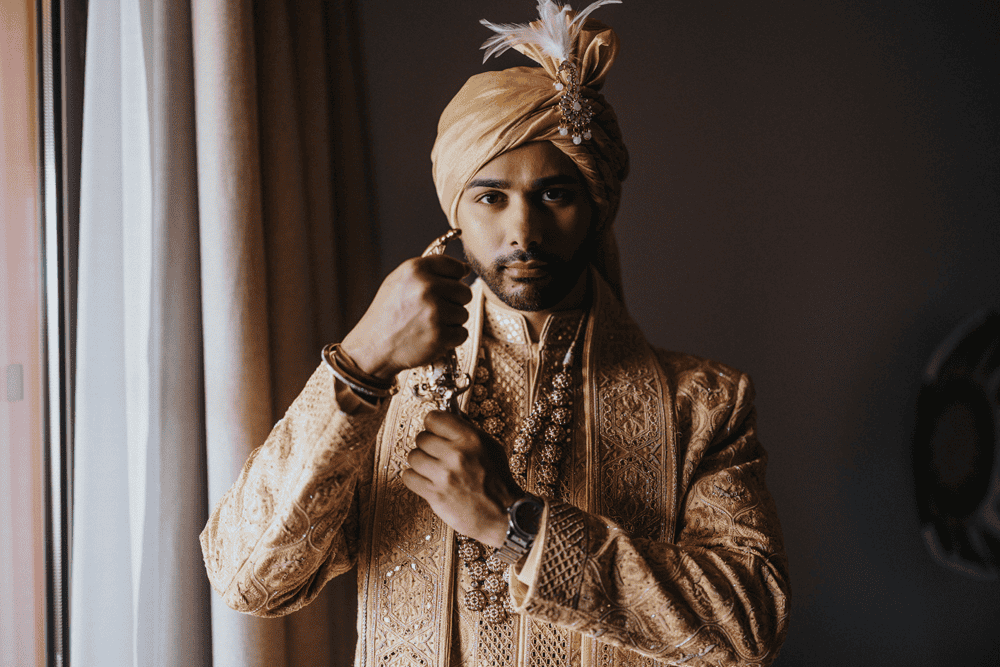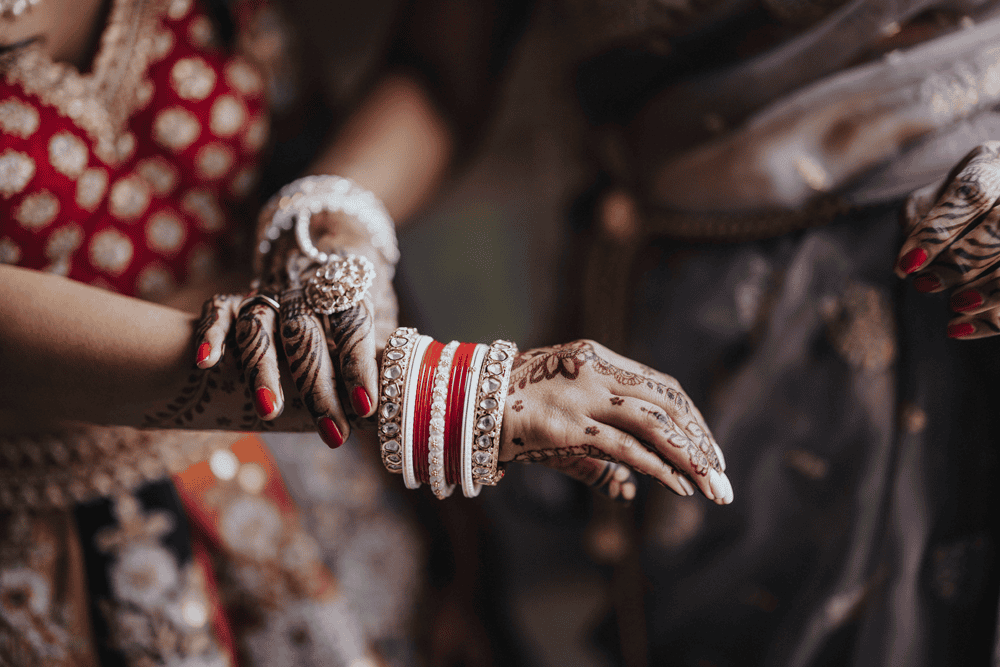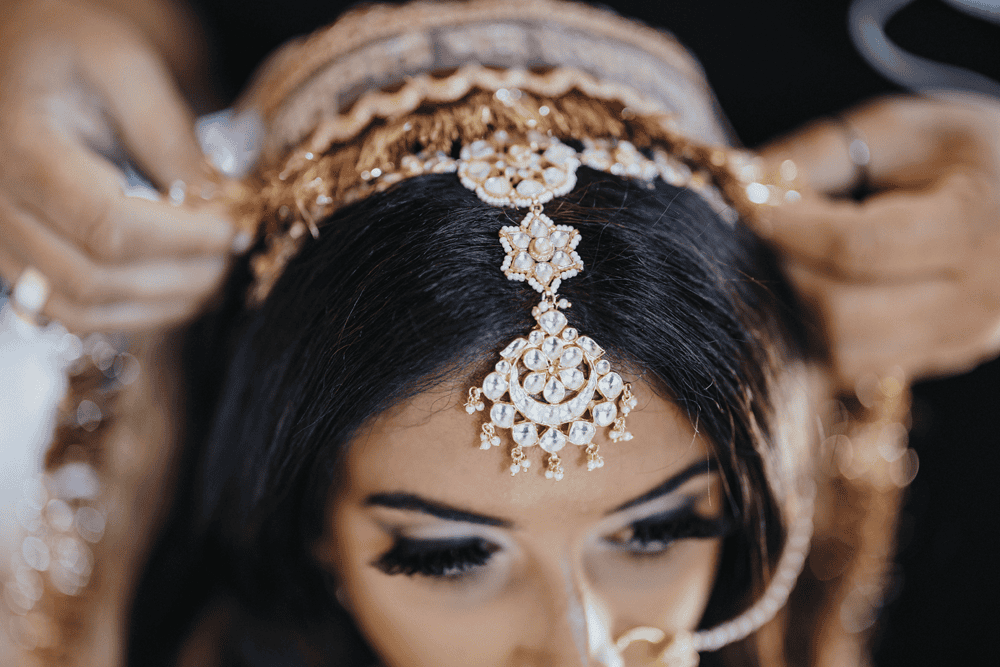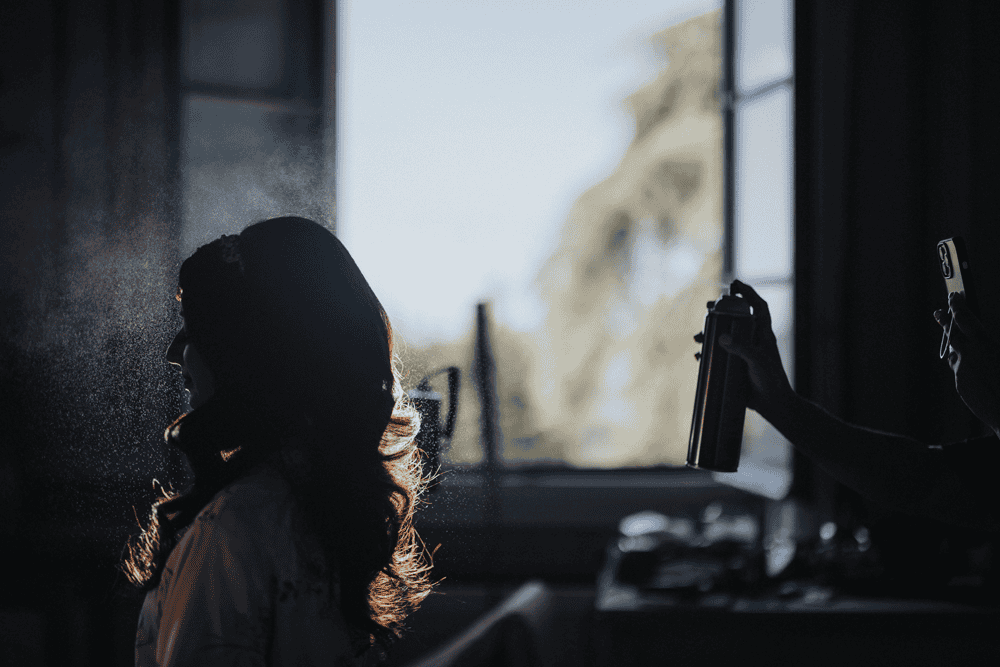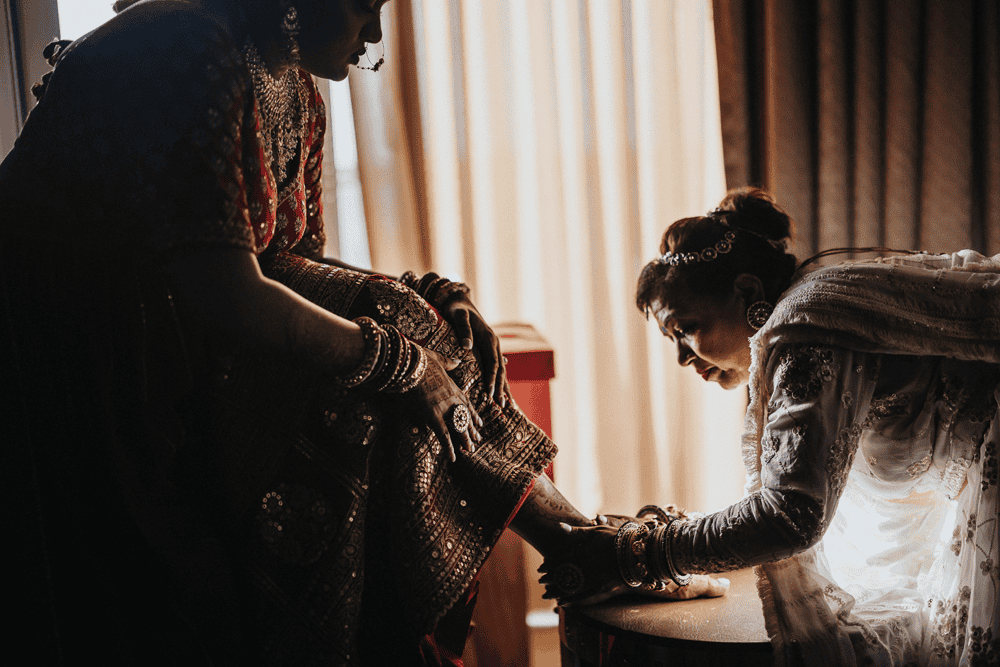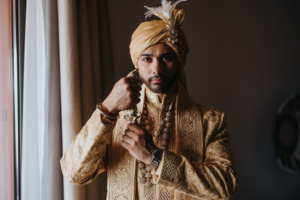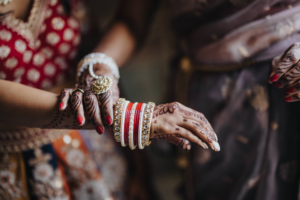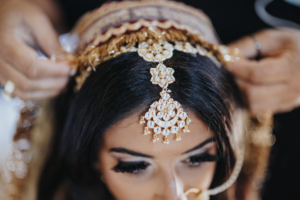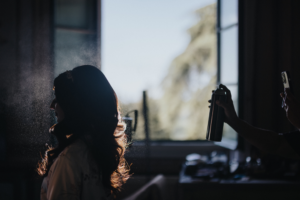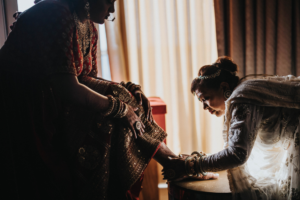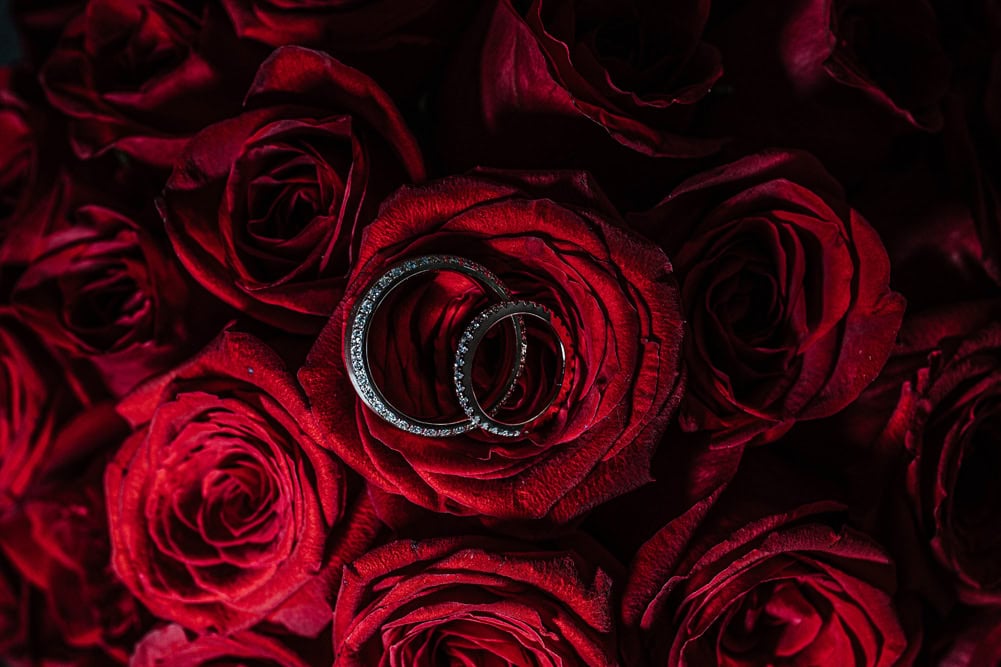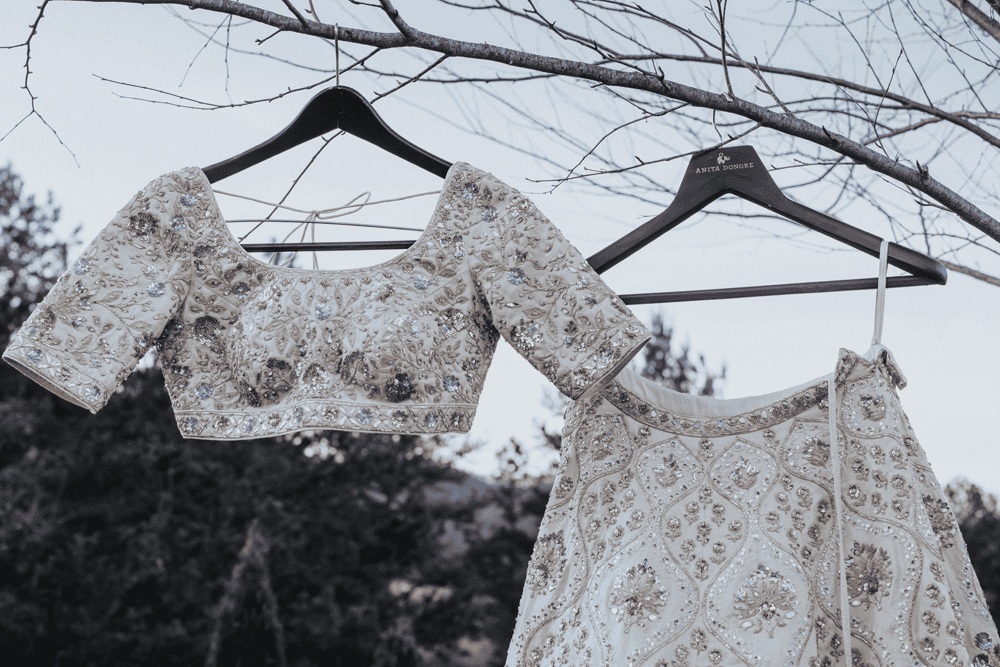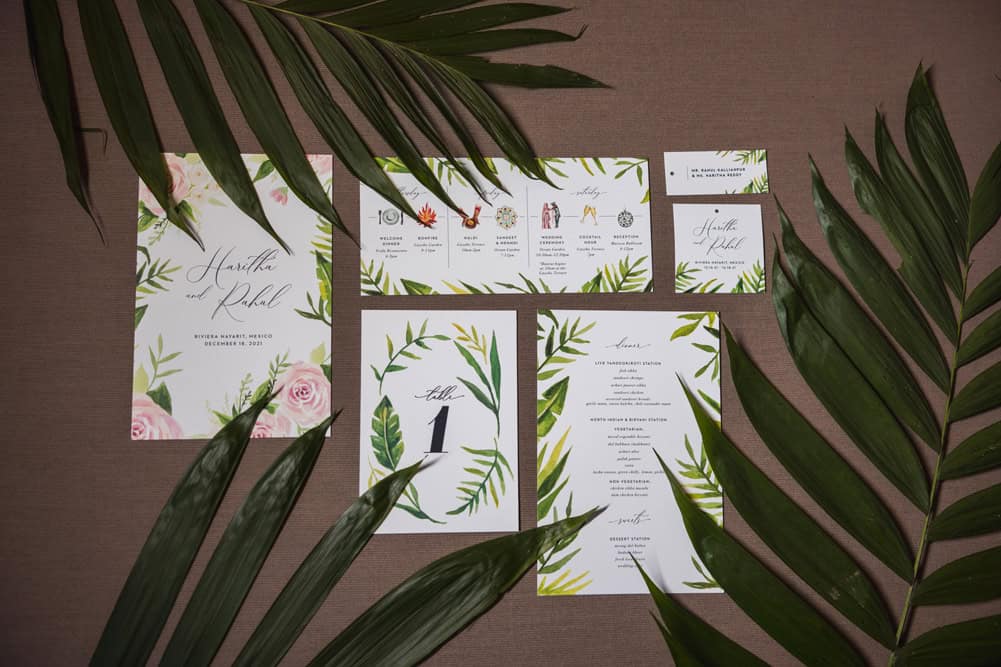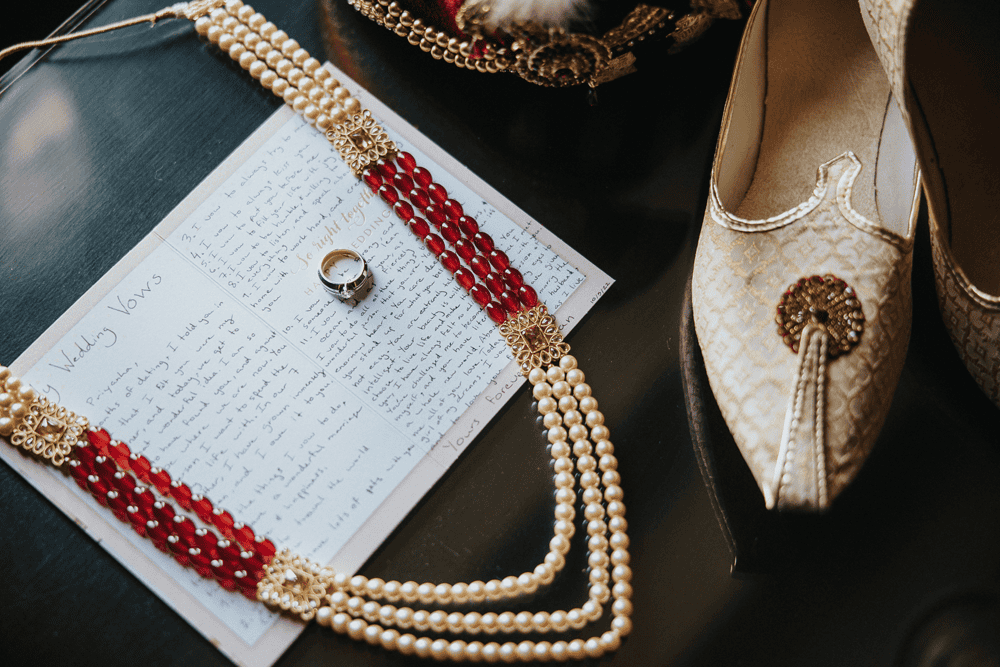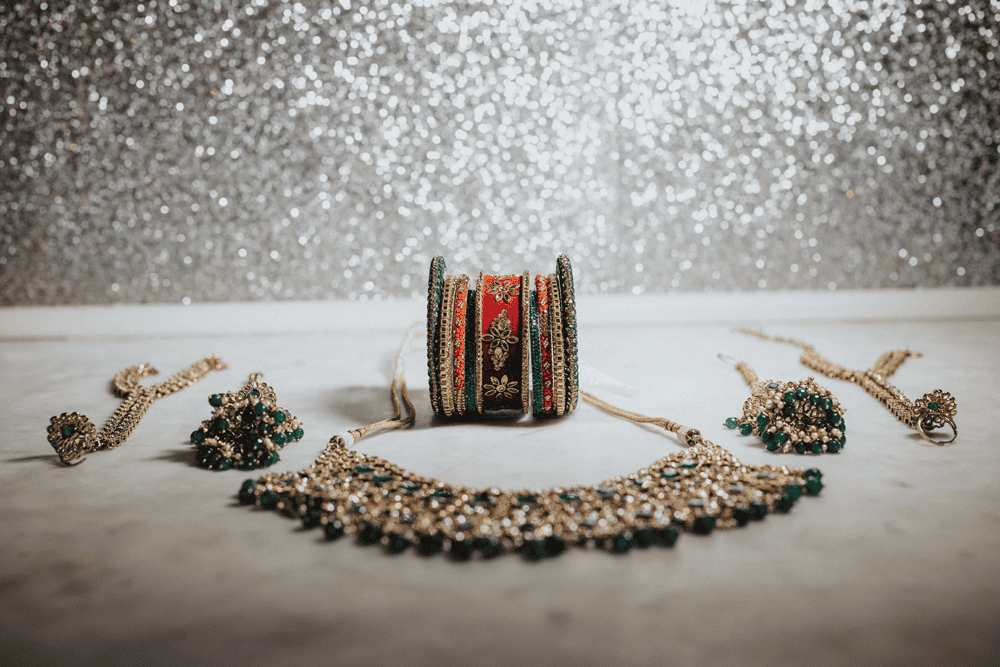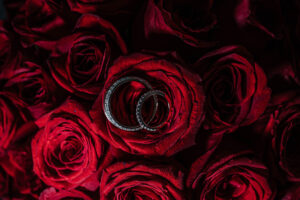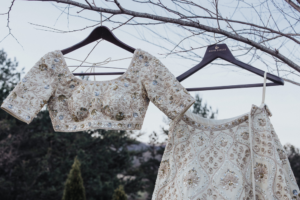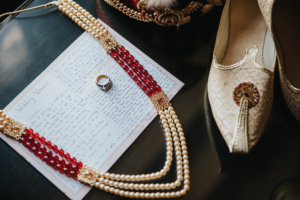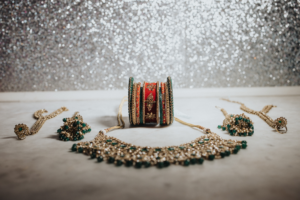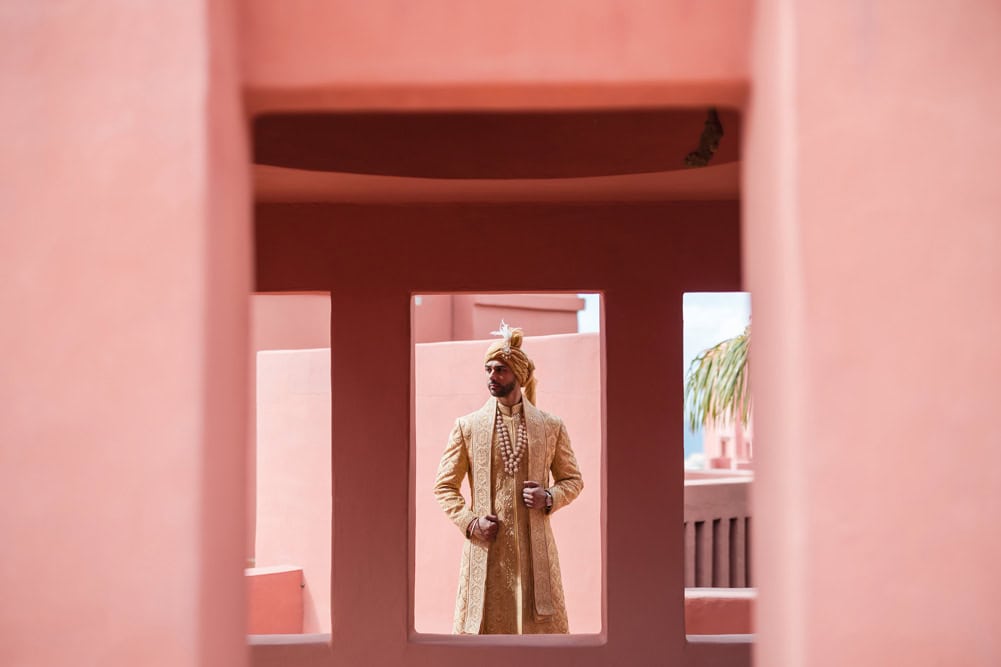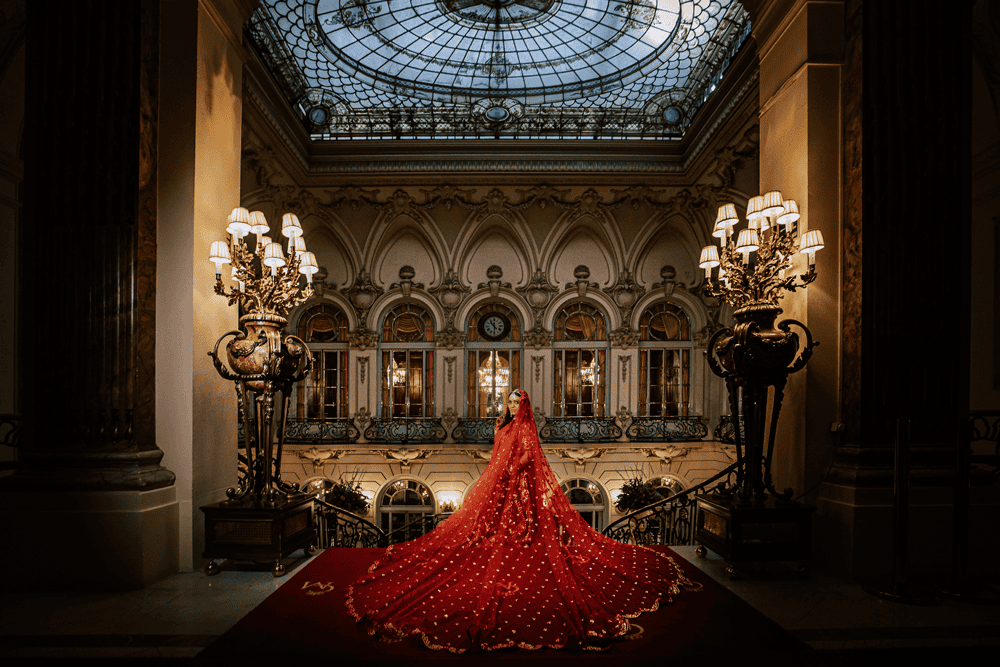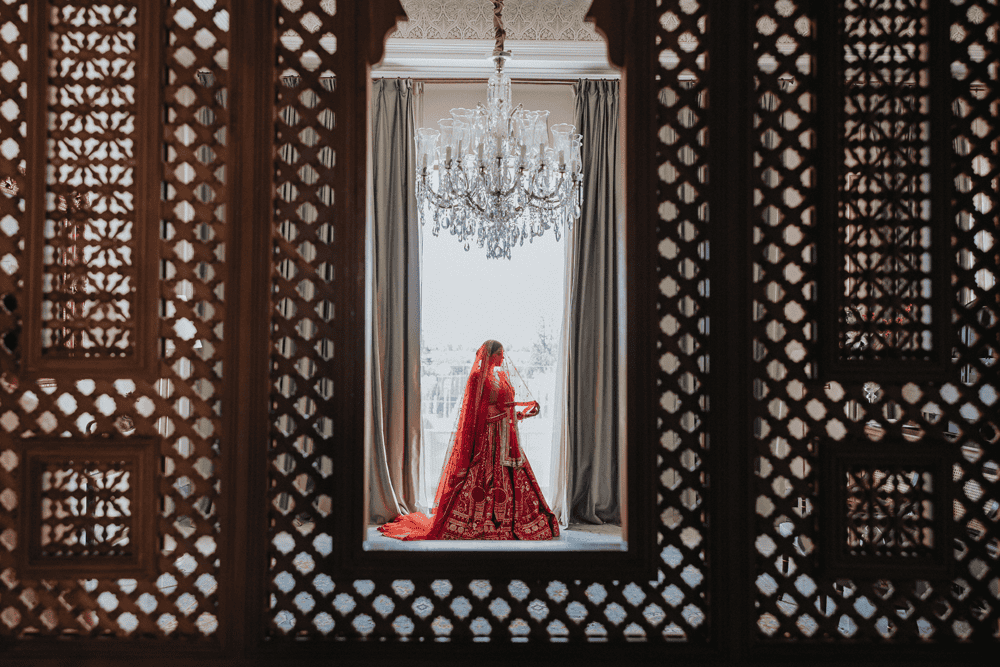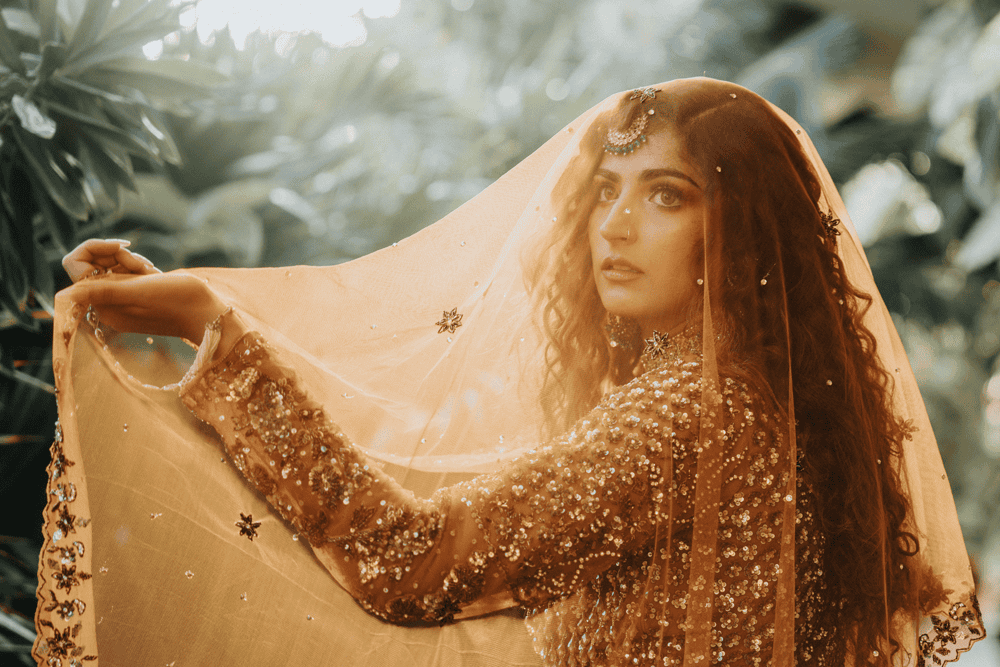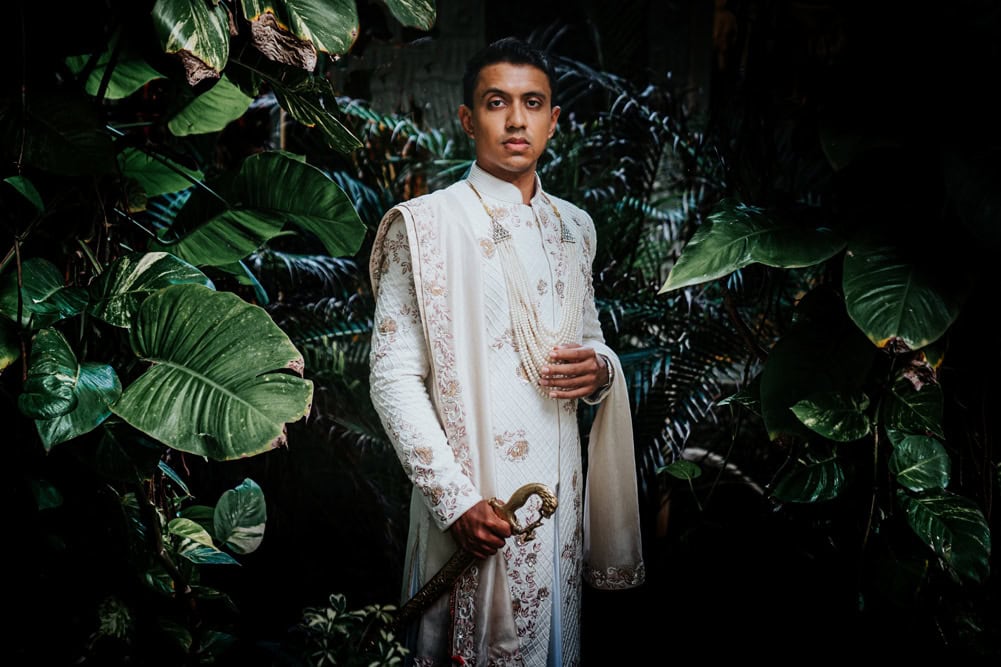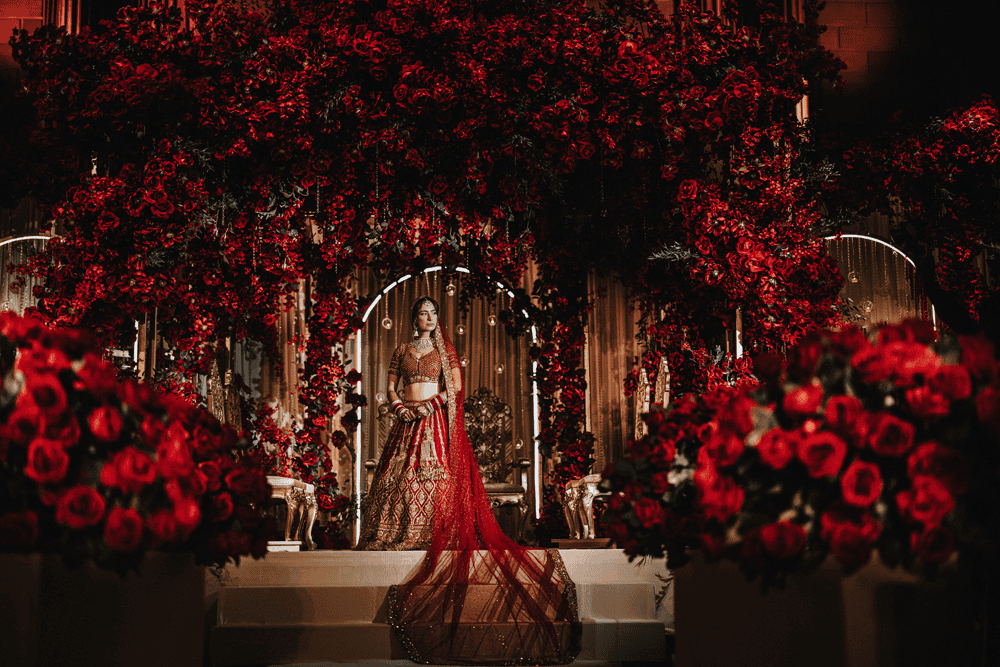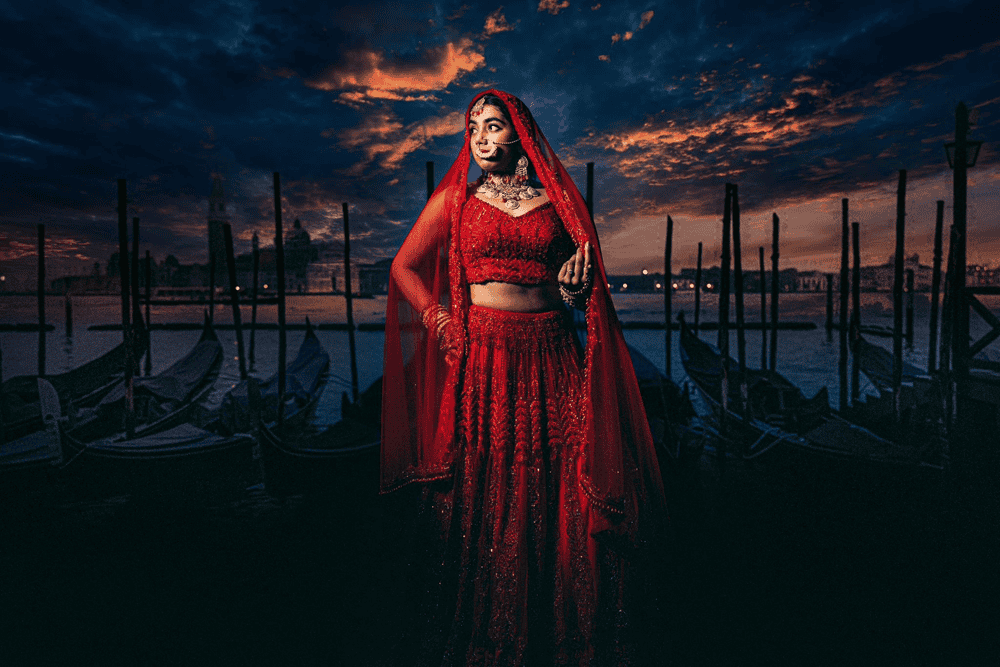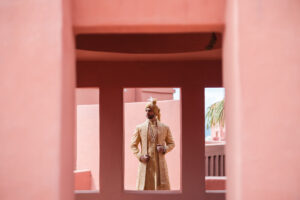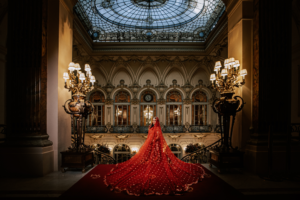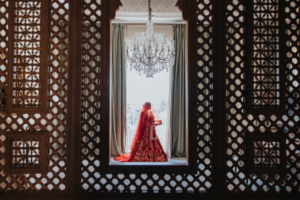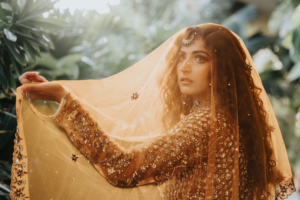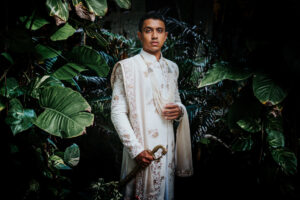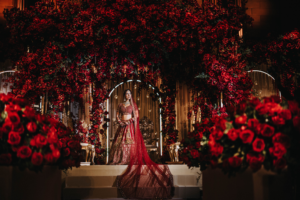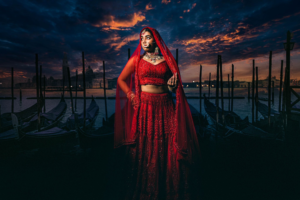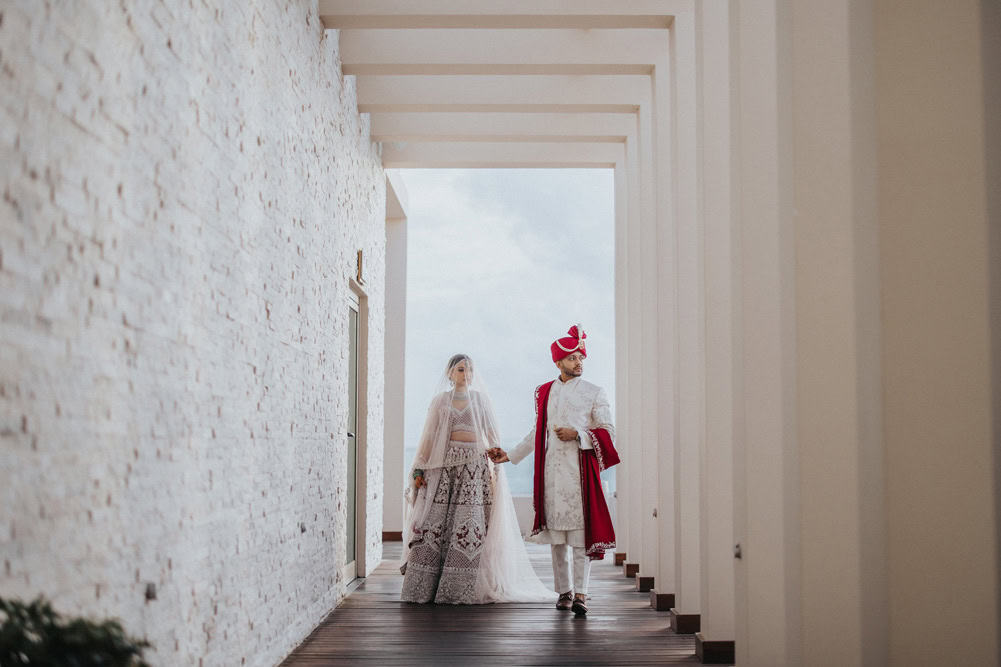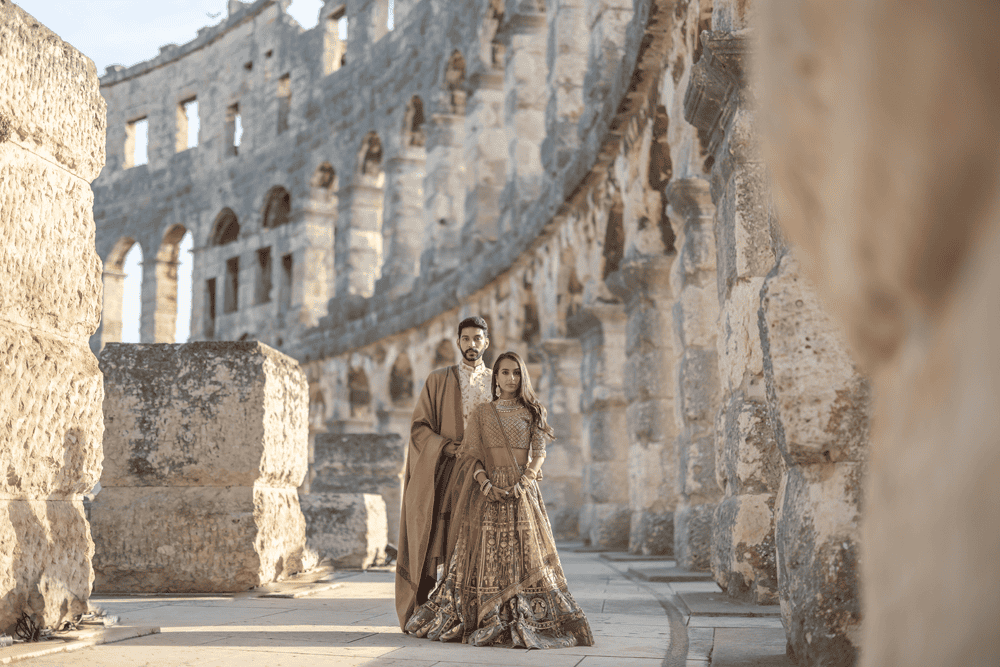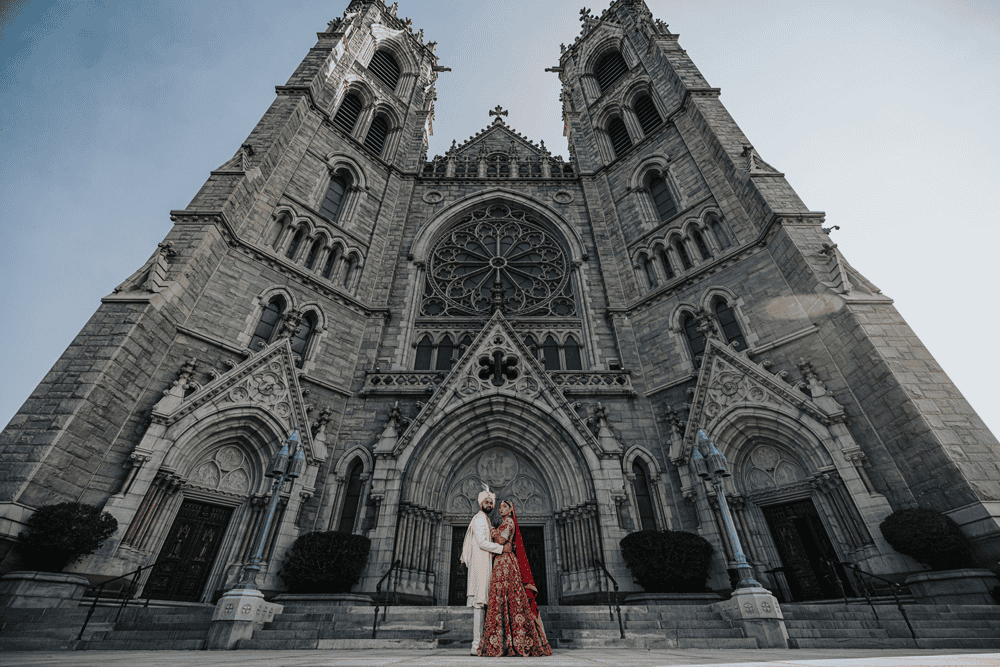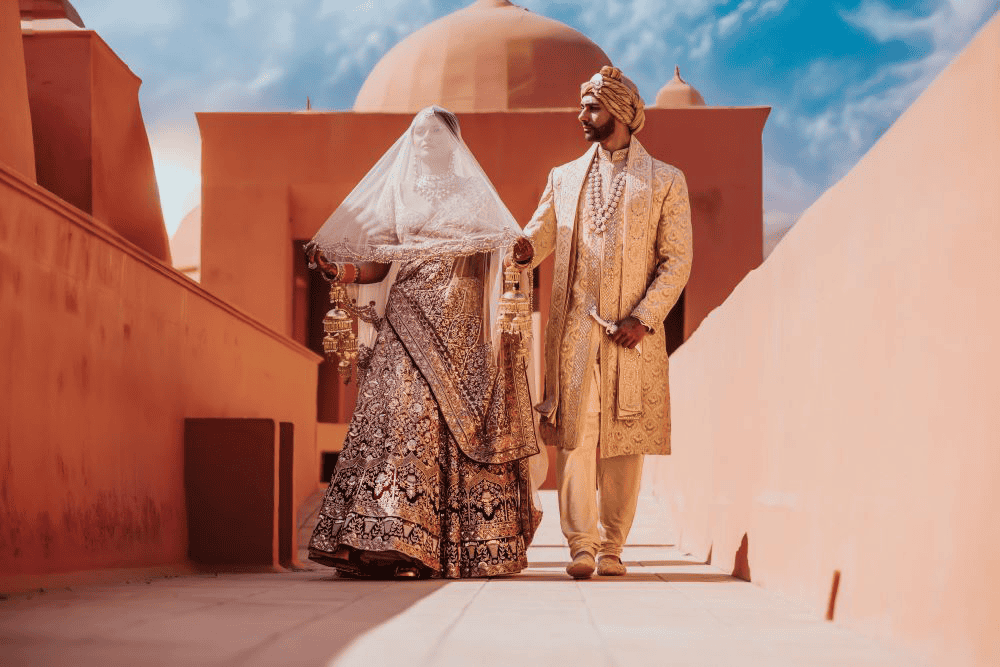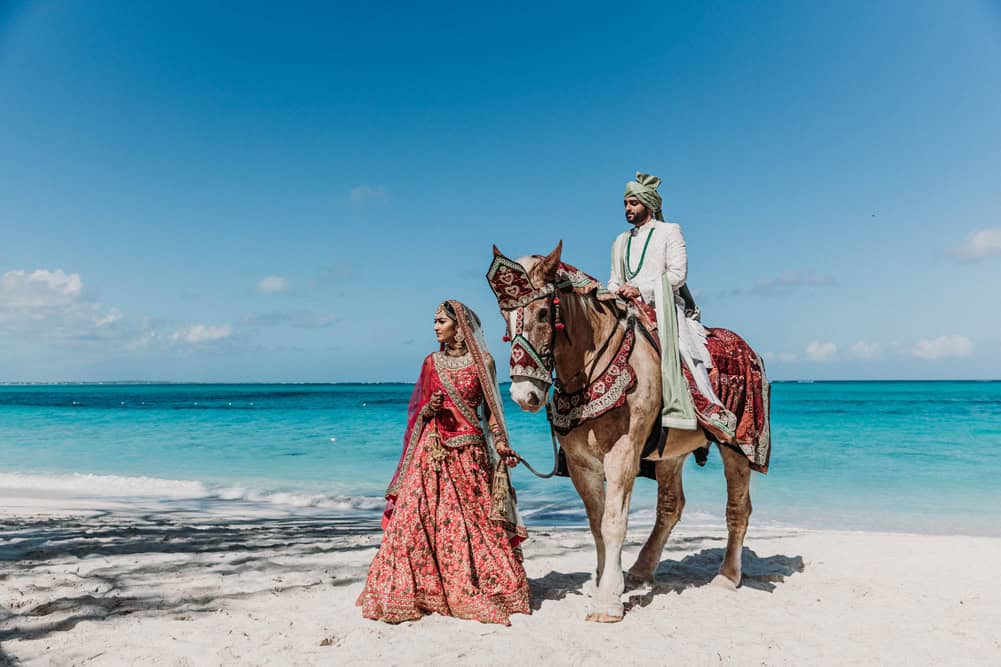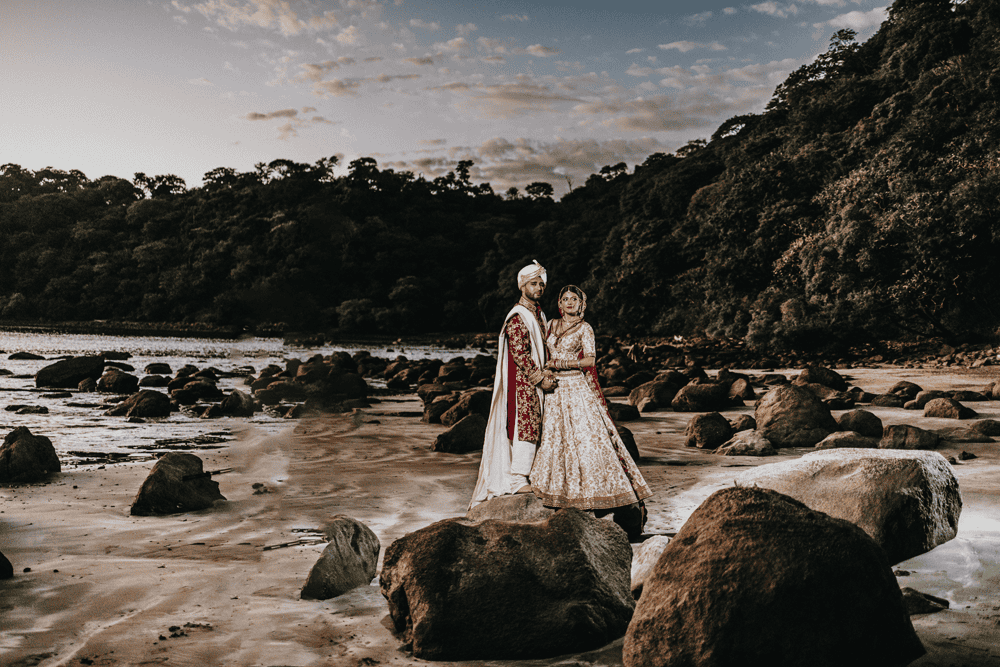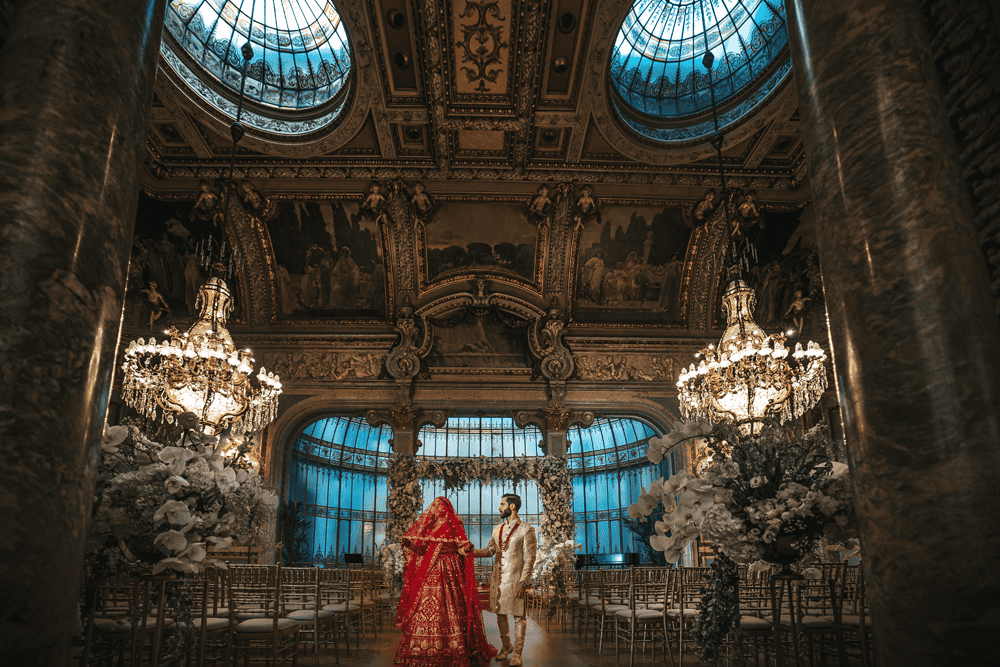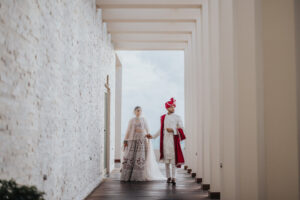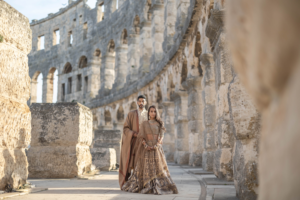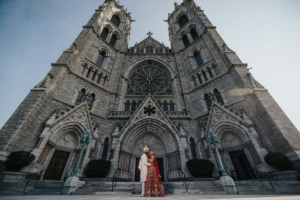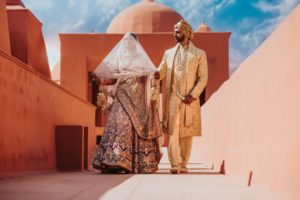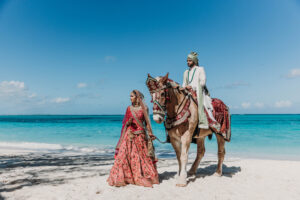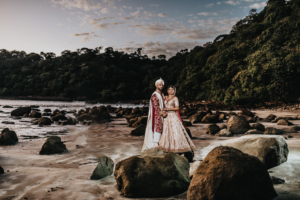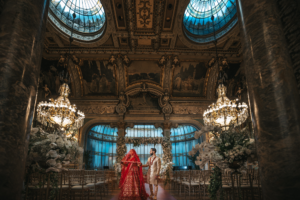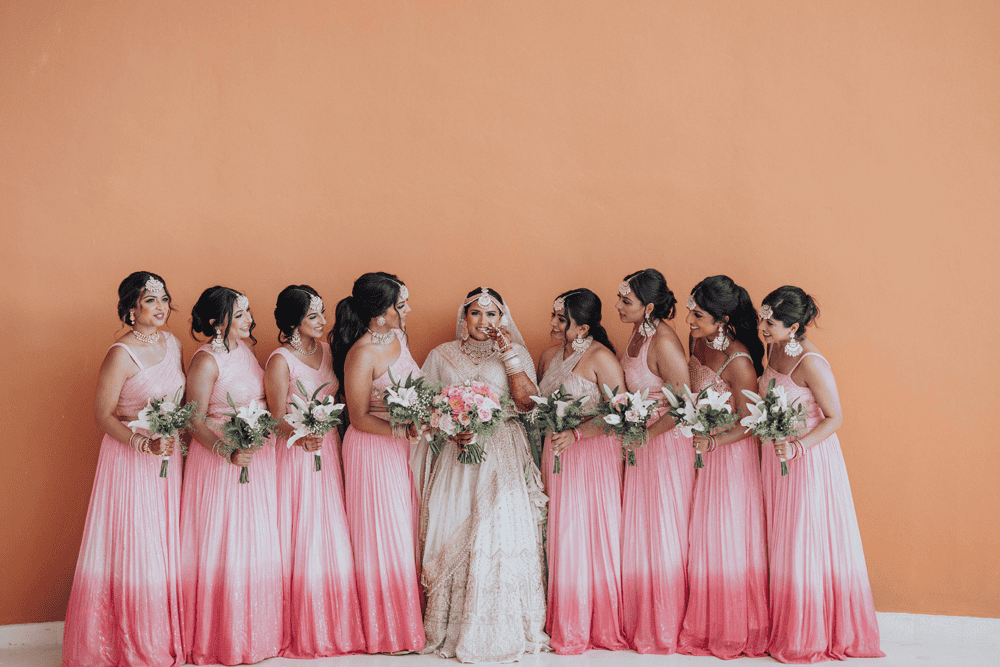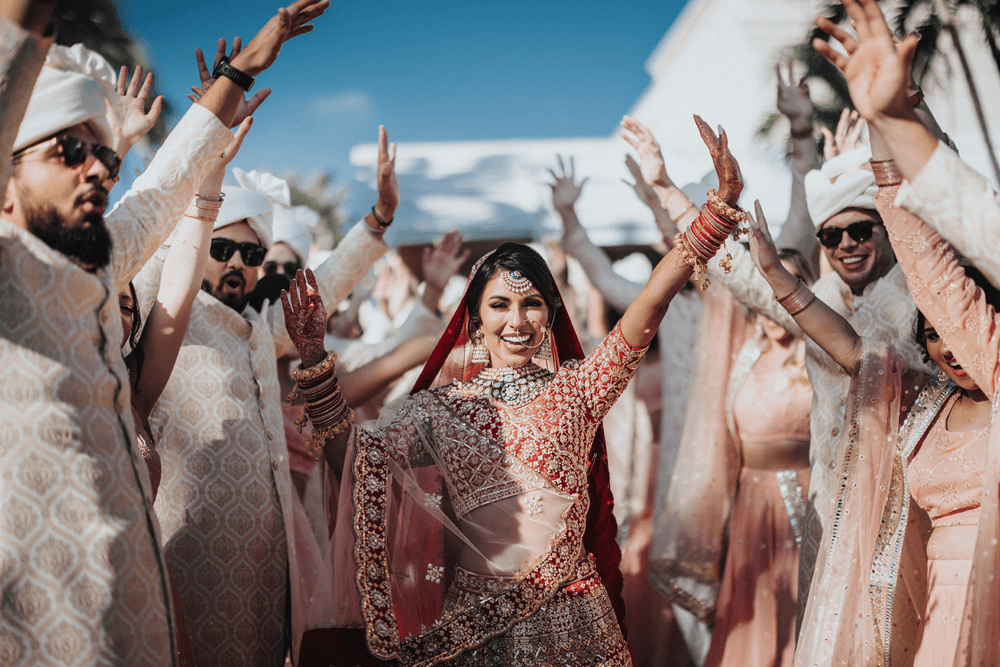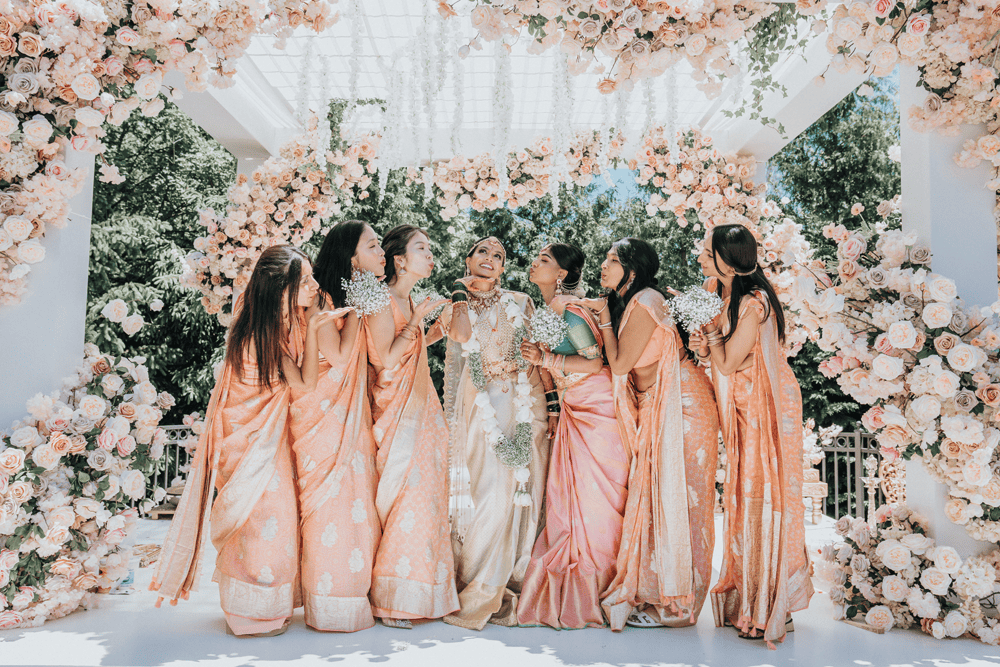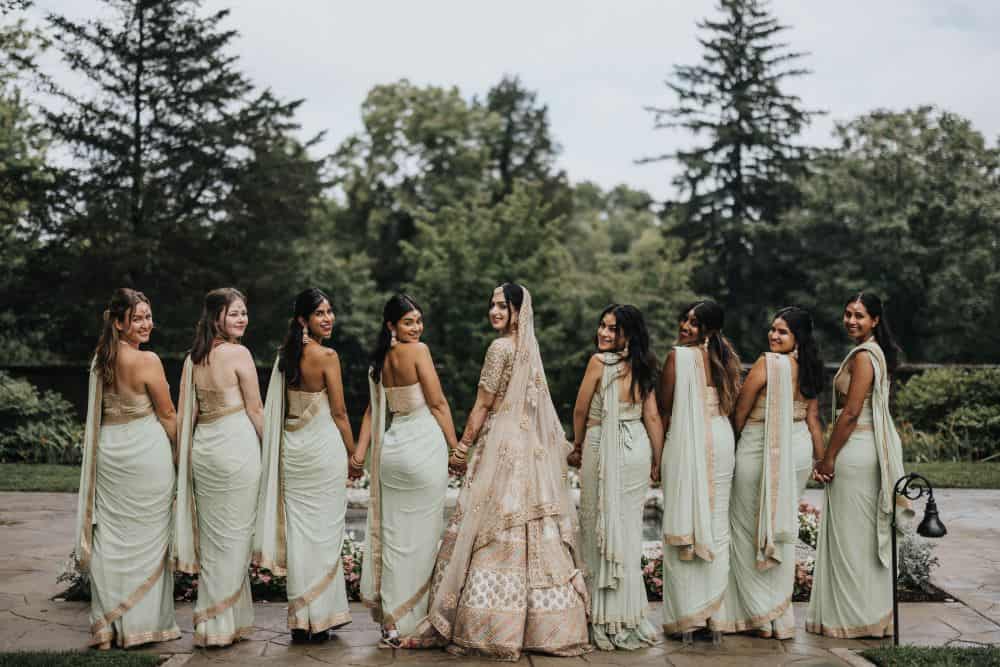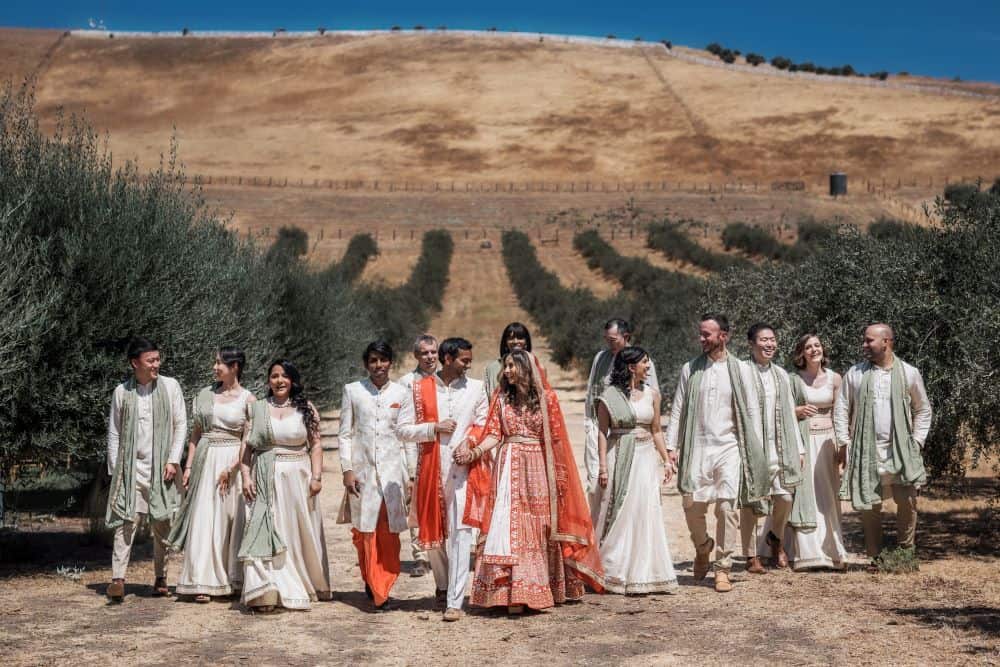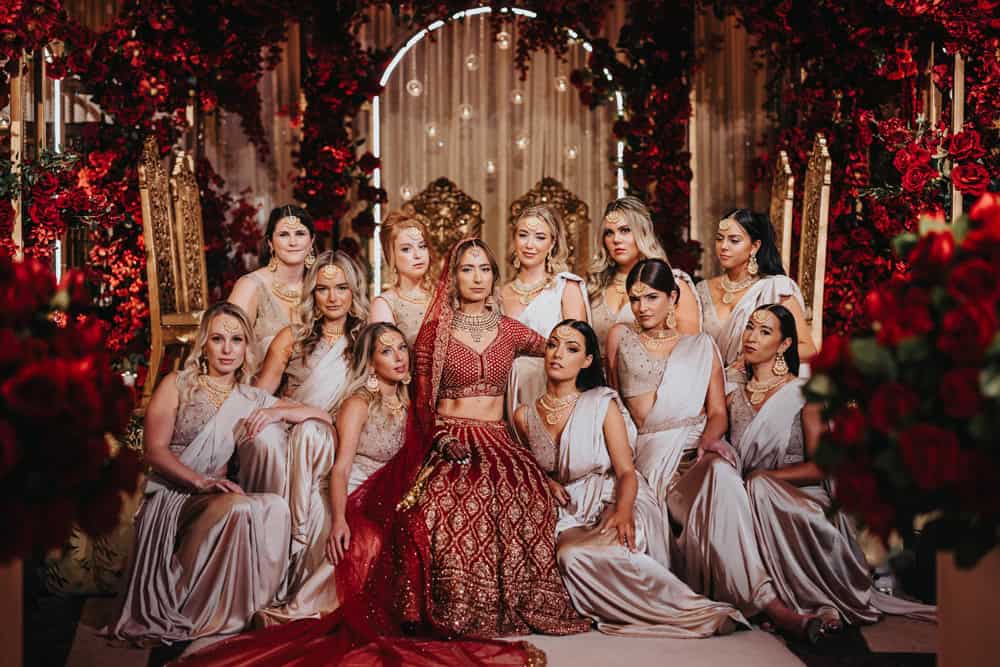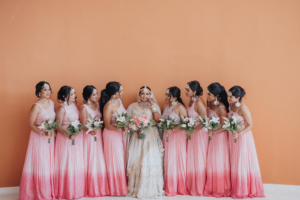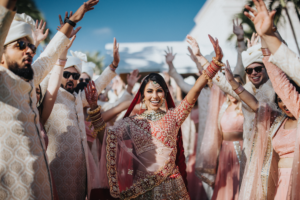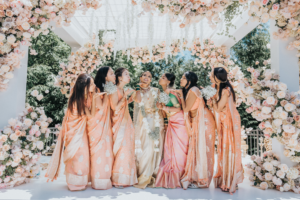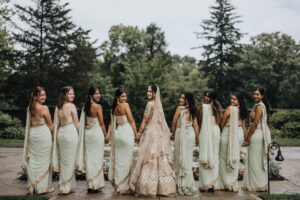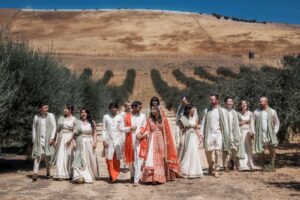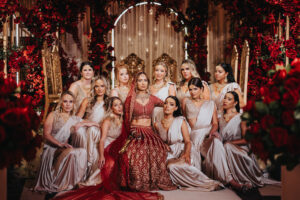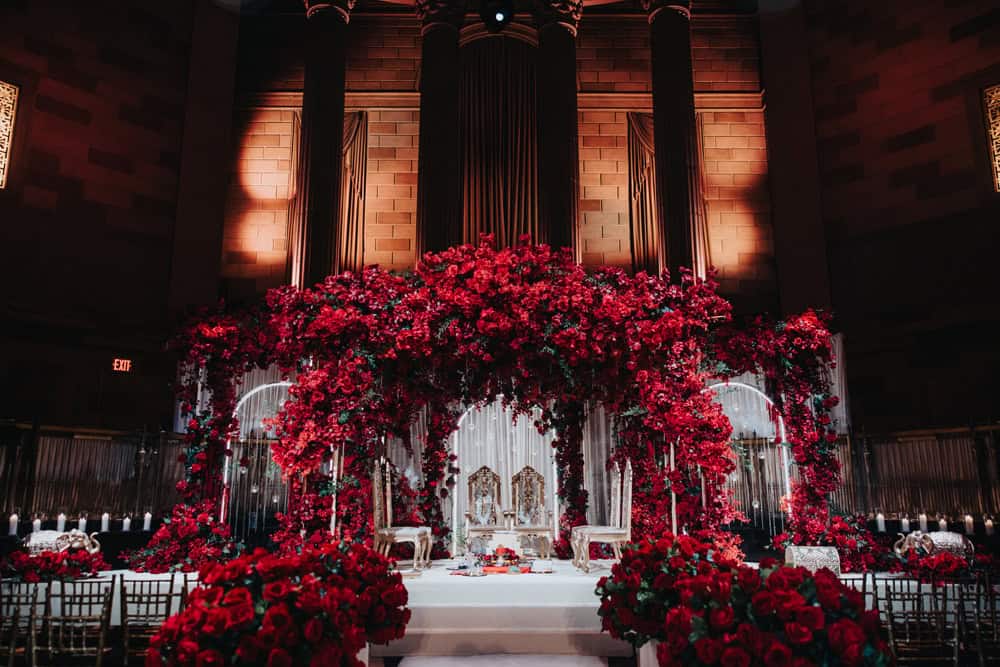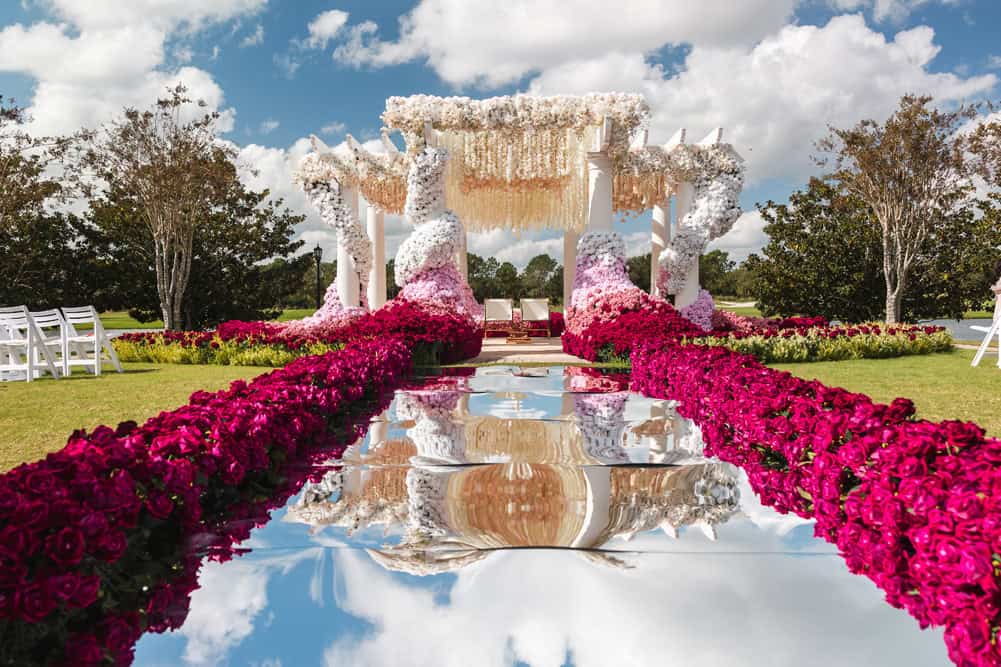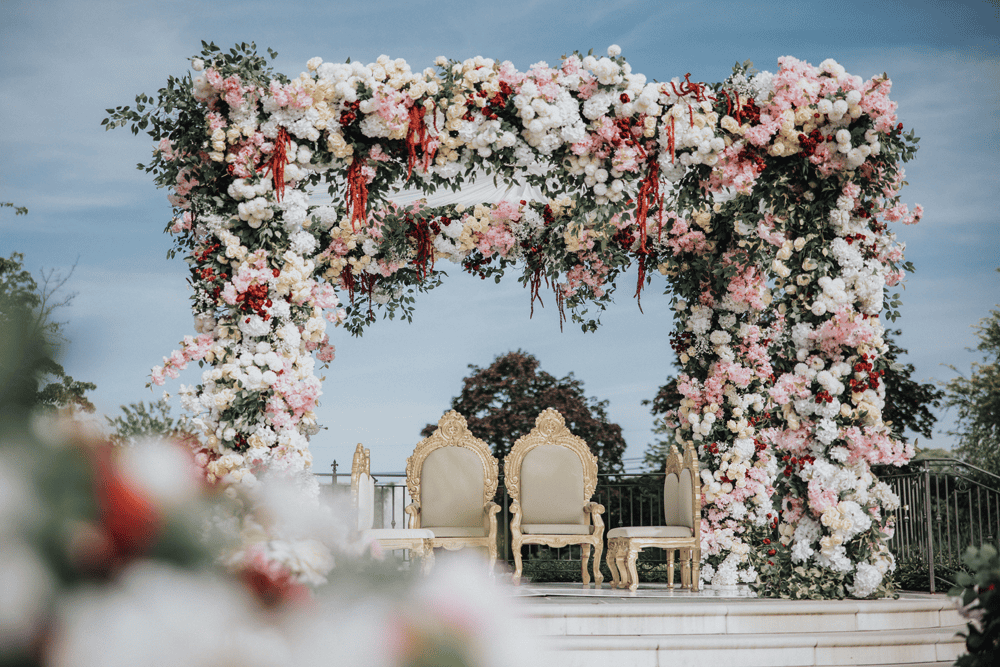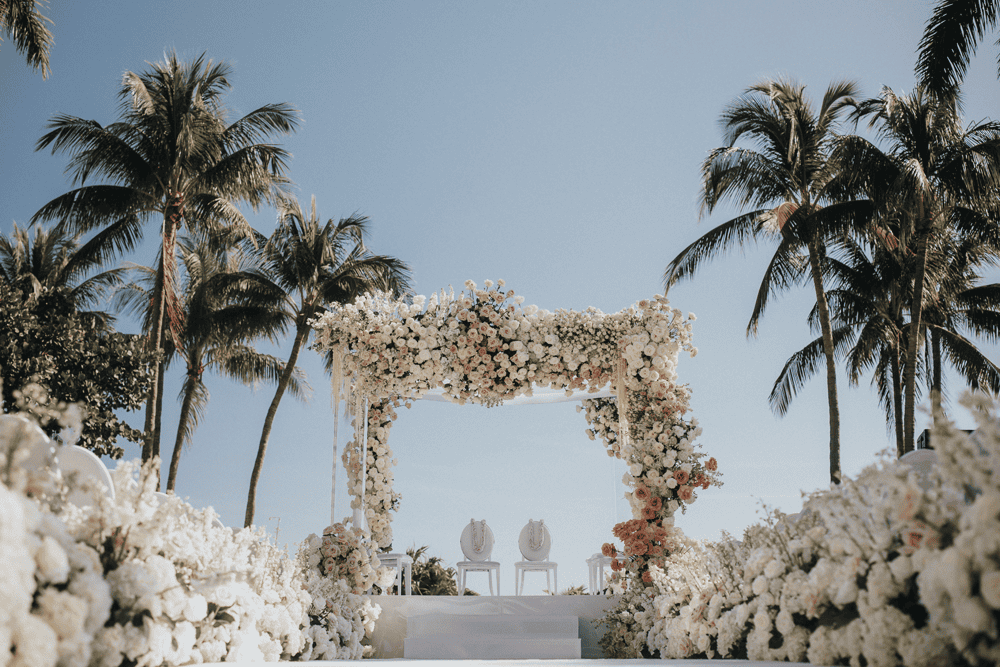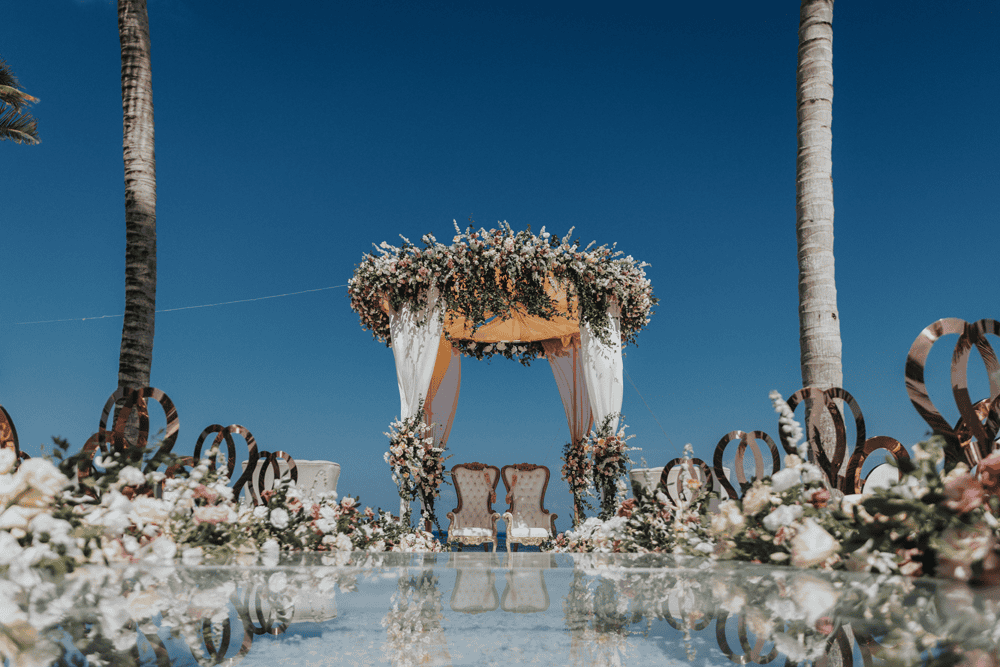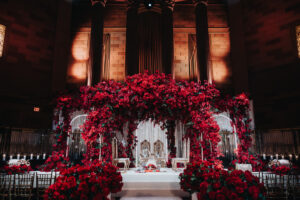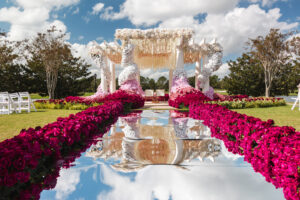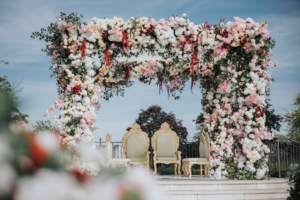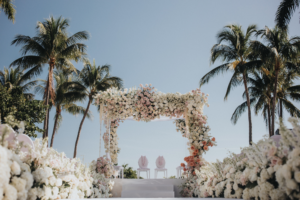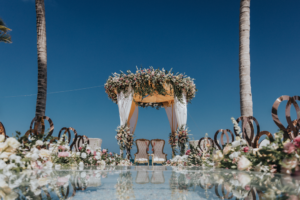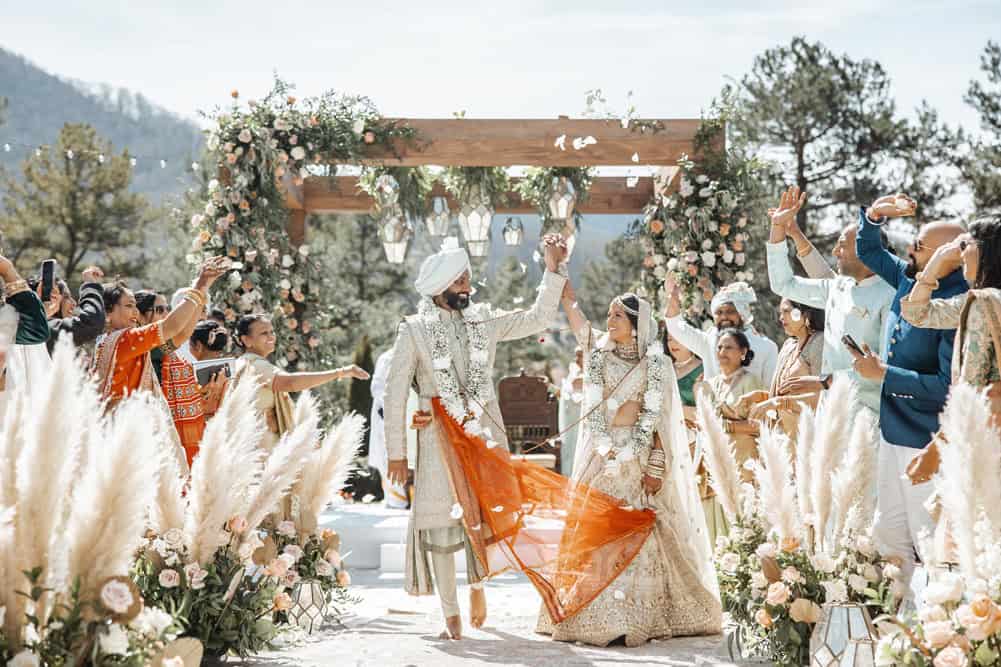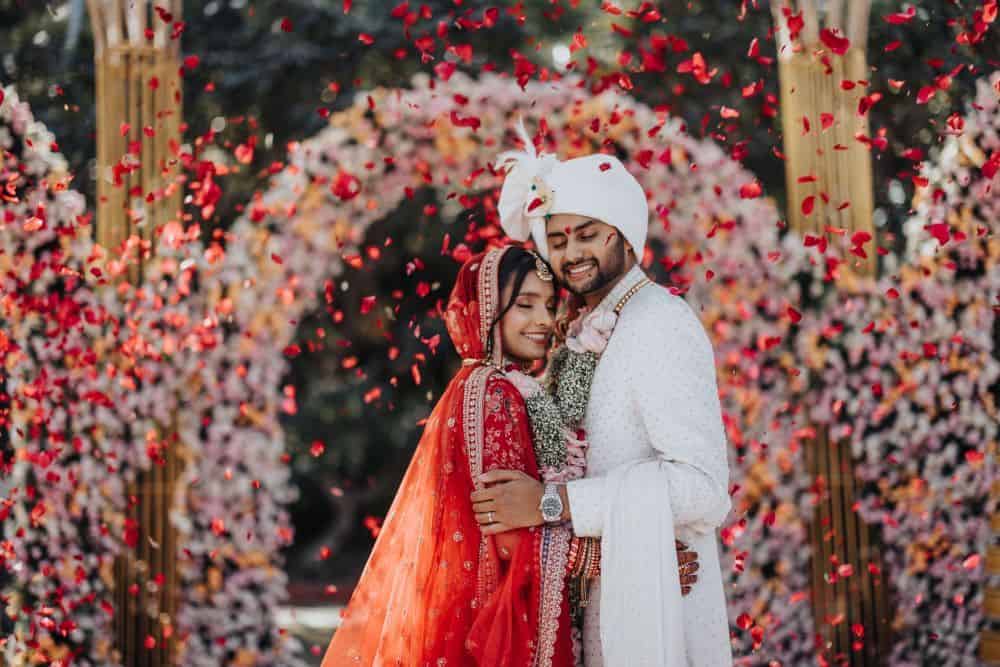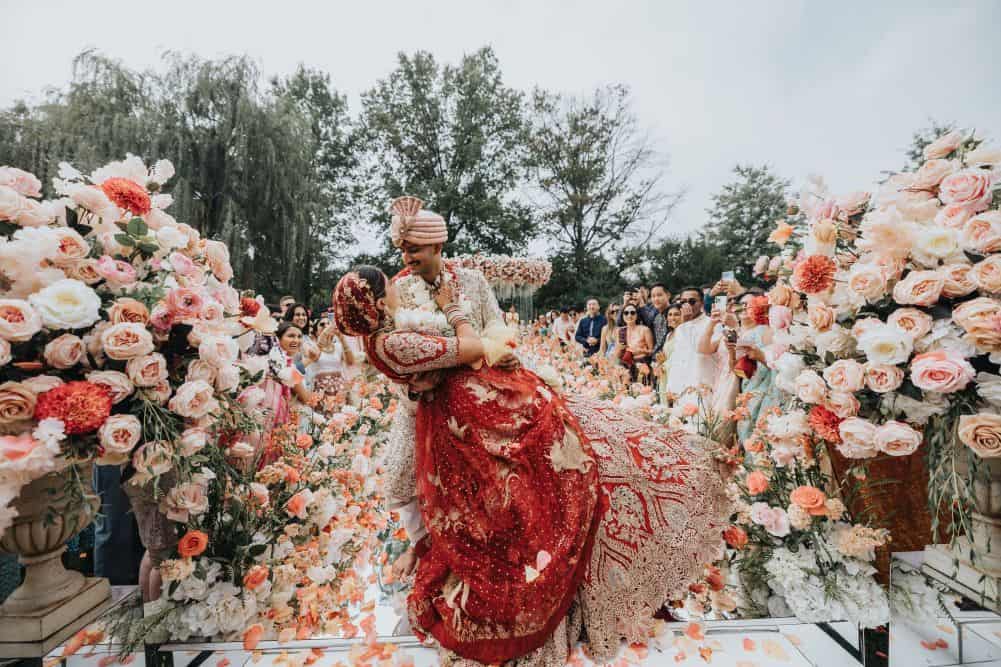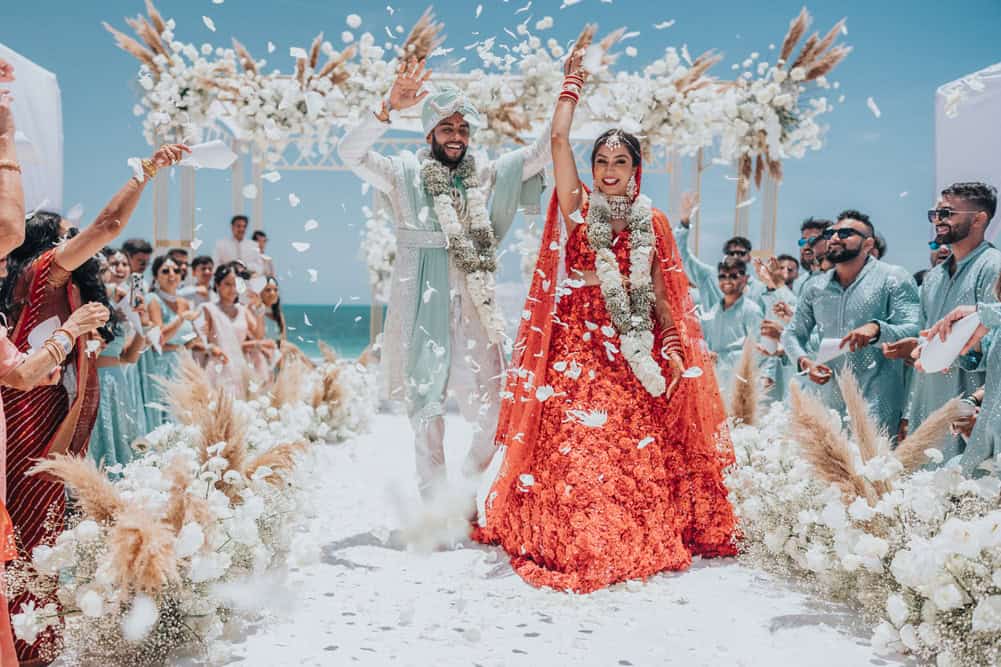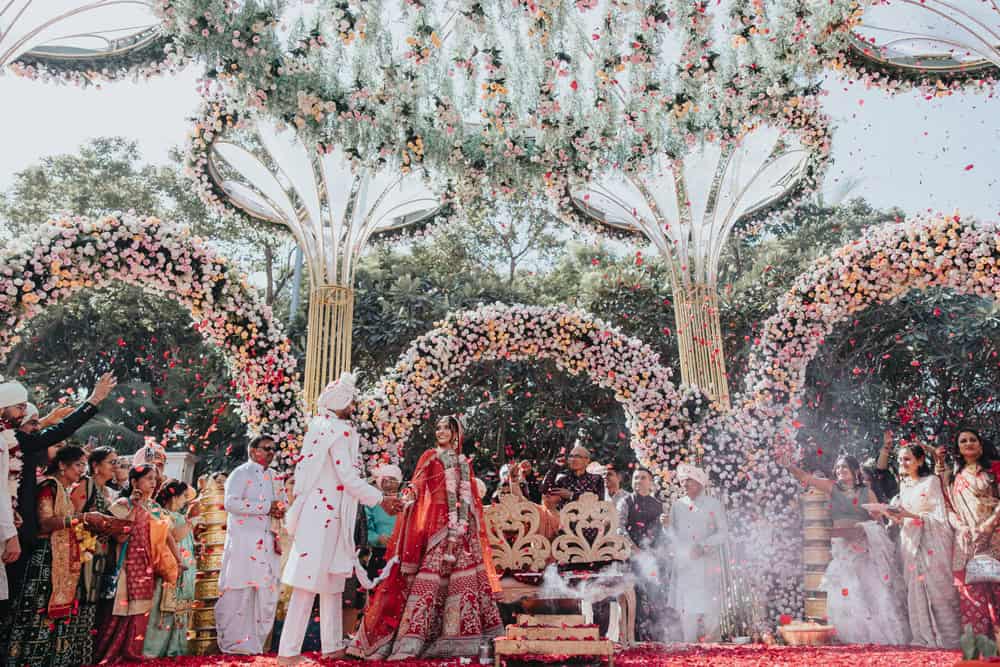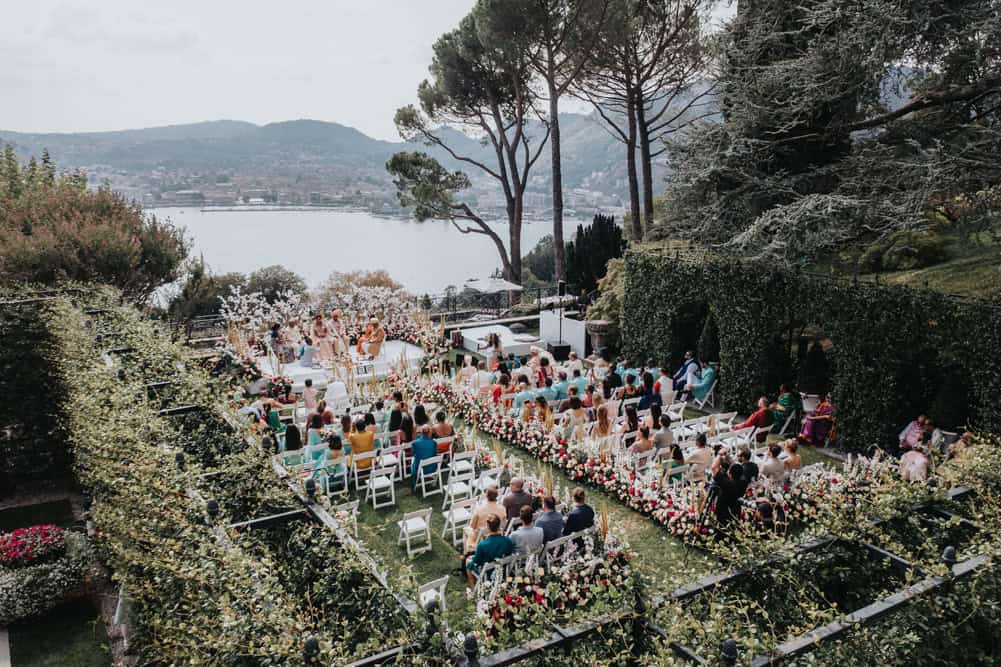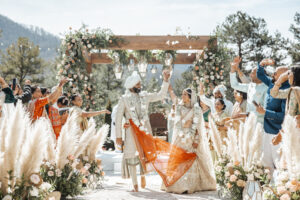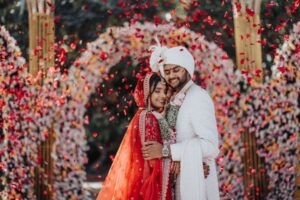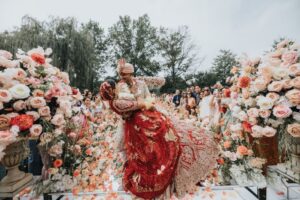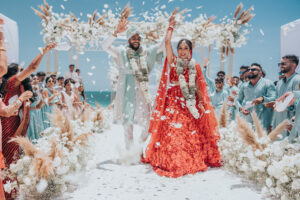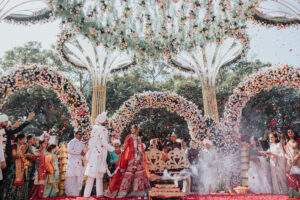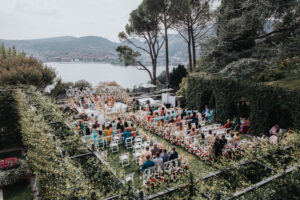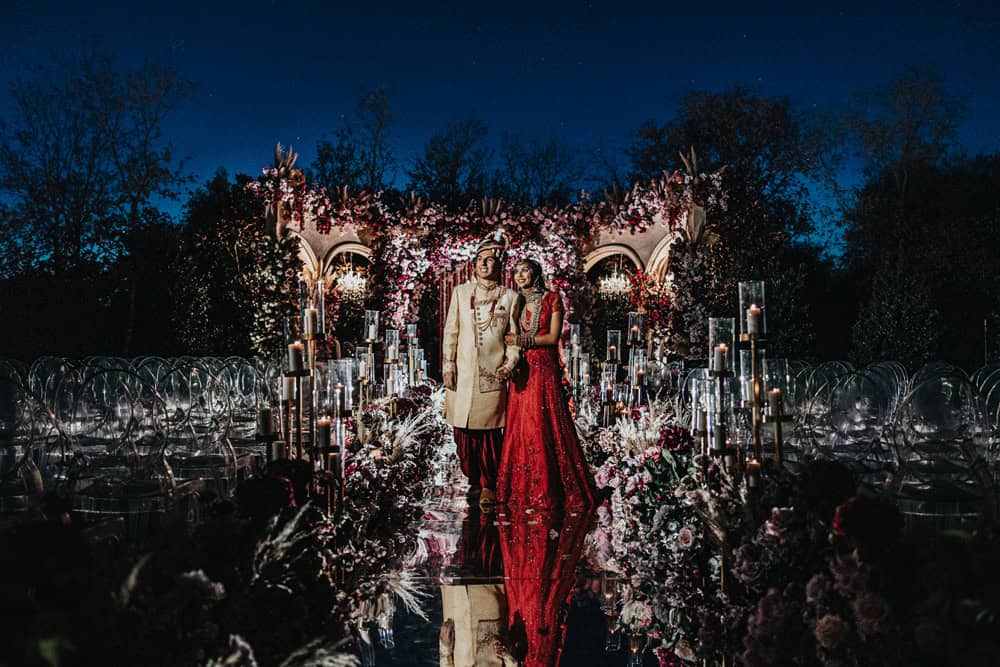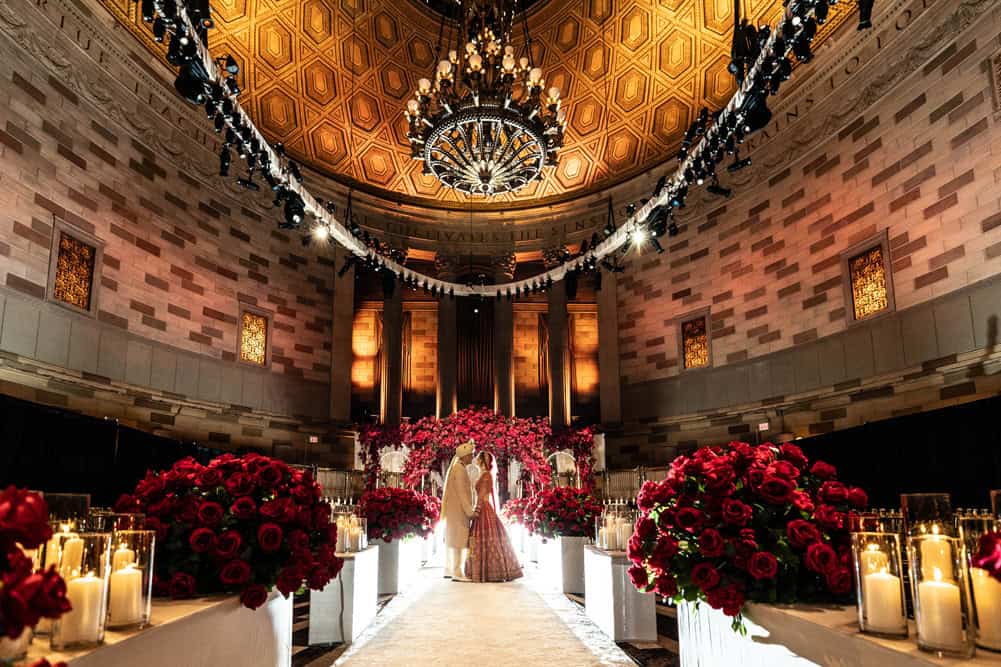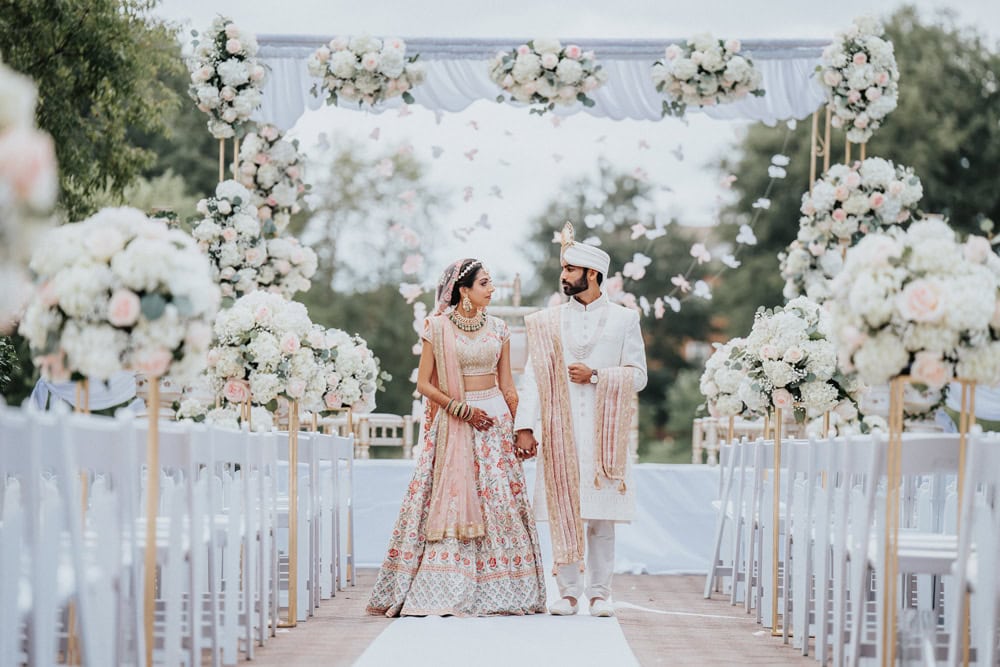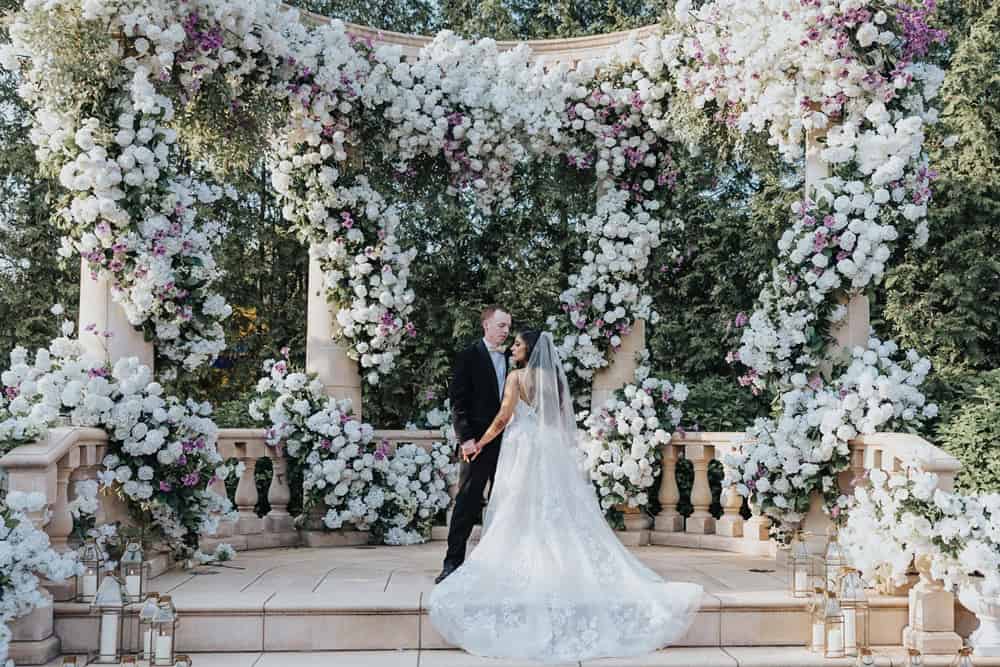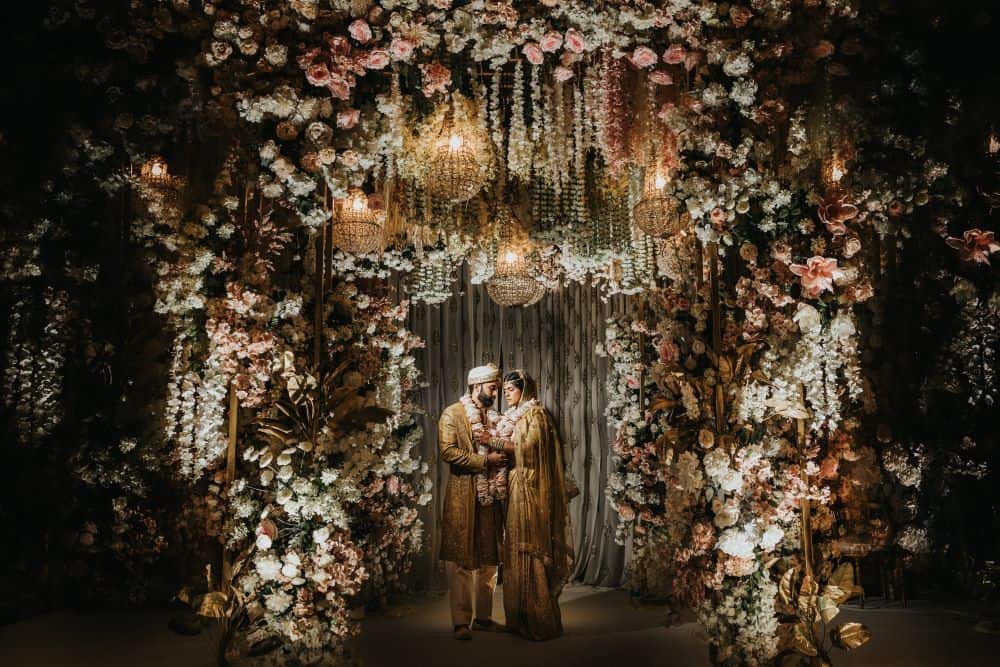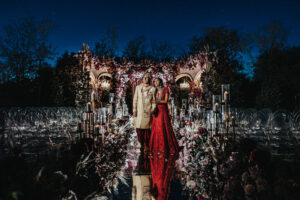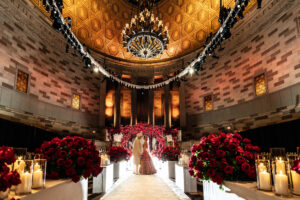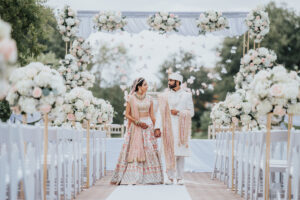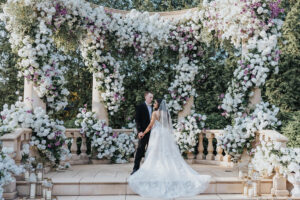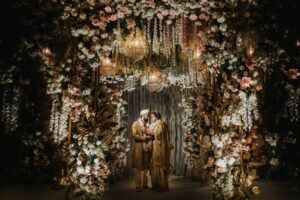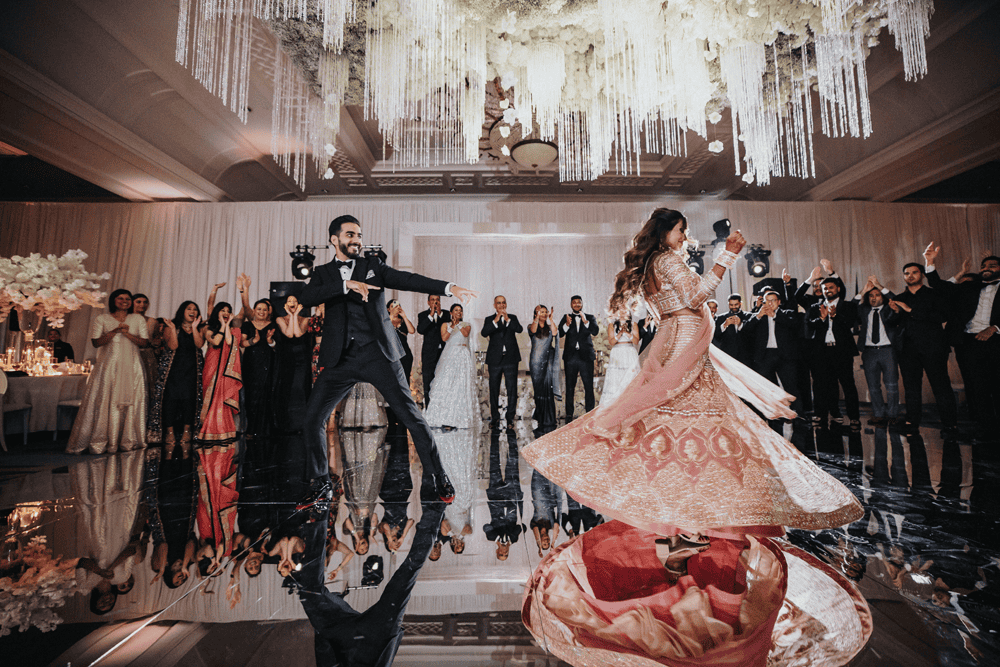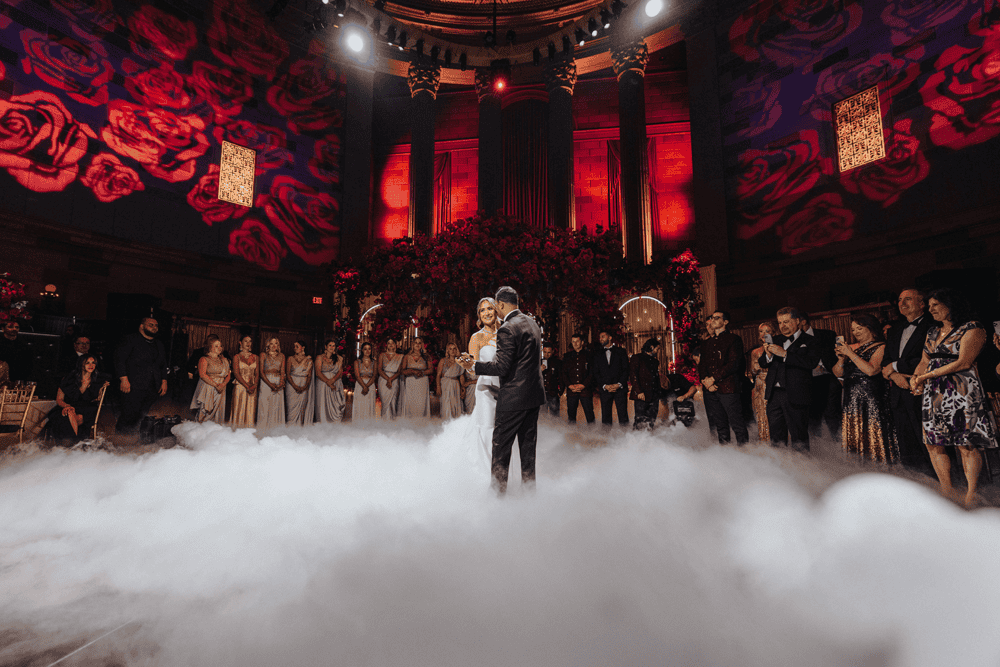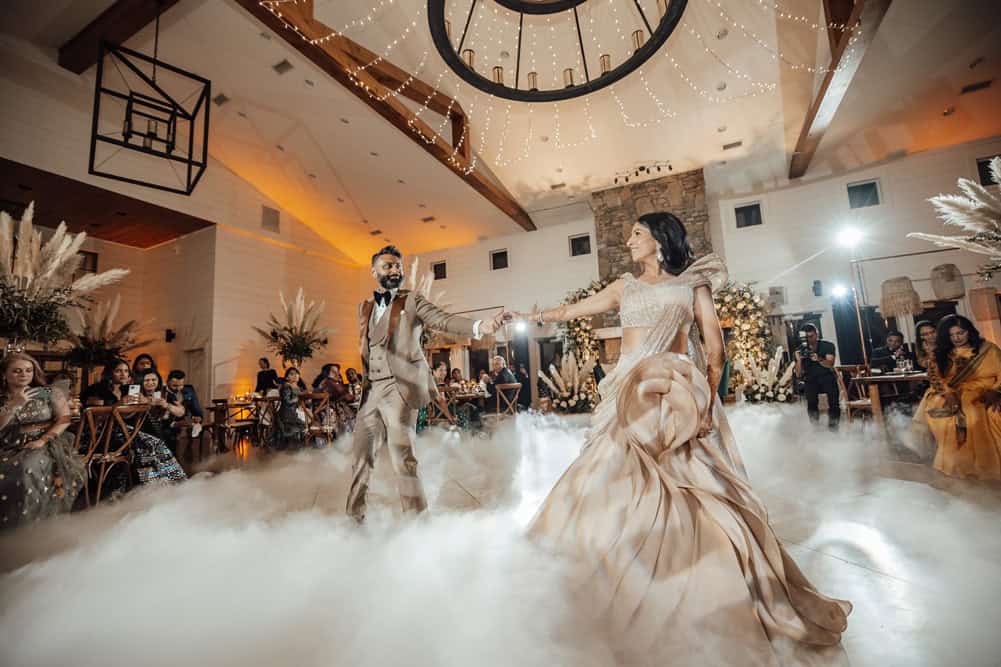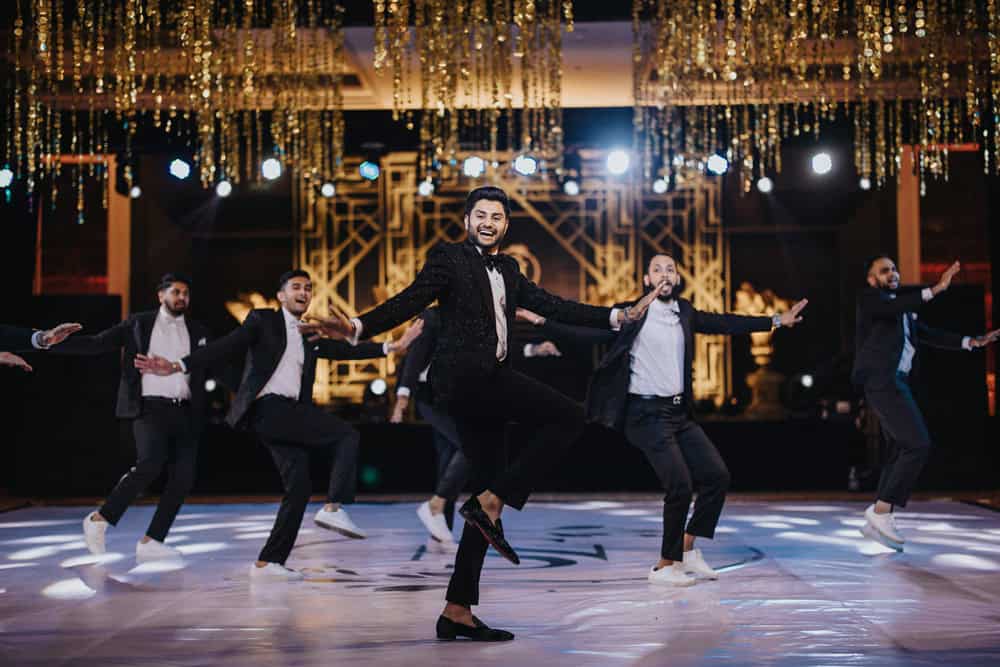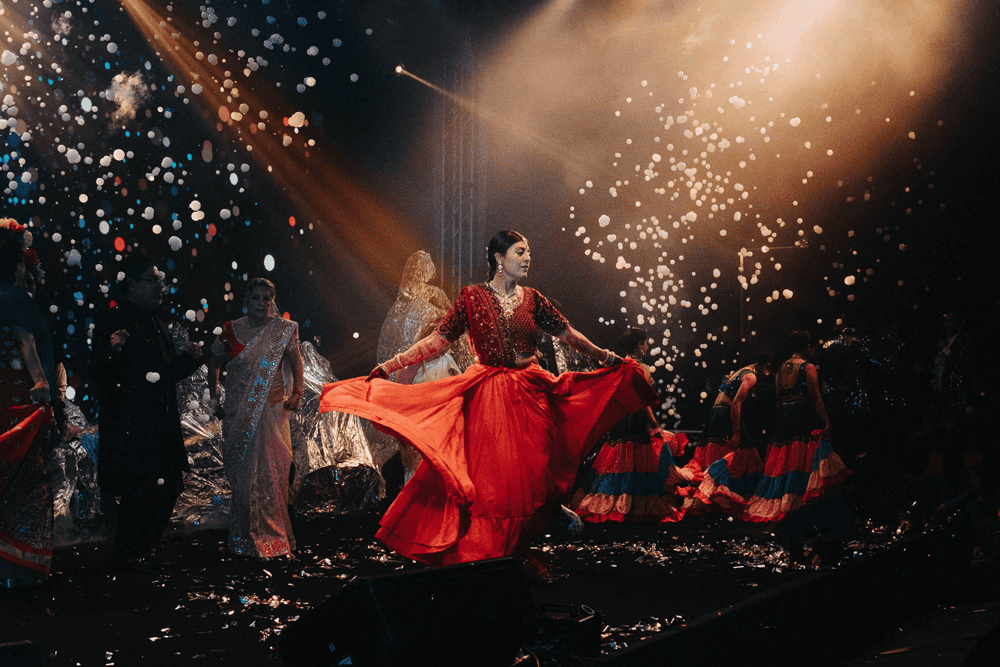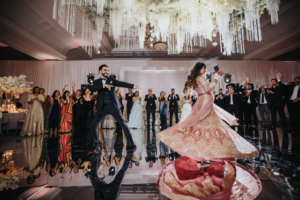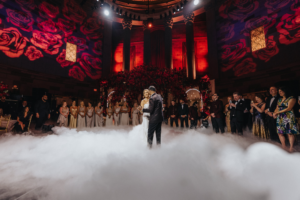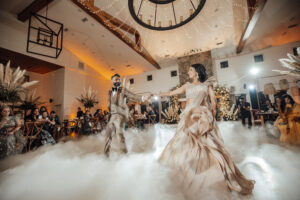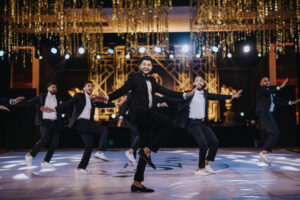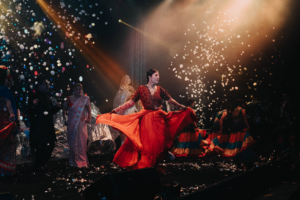Detailed Guide To An Indian Wedding Timeline
Grand buffets, all-night parties, and lively, colorful rituals make every Indian wedding a blast.
However, with so much excitement, it’s easy to miss capturing some of the most important moments in Indian wedding photography. Ceremonies like Mehndi, Haldi, and Sangeet play a very vital role in the overall celebrations.
One could say the culmination of these events is the Indian wedding day.
Not to mention, the day itself comprises several important moments that are influenced by culture & religion and are responsible for creating a beautiful, mesmerizing celebration reflection of Indian culture.
Therefore, it is crucial to have a predefined wedding timeline such that all the major events are able to run smoothly. This helps you plan your wedding photographs with the authentic charm of the culture.
So, to help you out, we have created an example of a grand Indian wedding and photography timeline that you to capture all the major moments and the couple’s beautiful moments. Let’s get right into it!
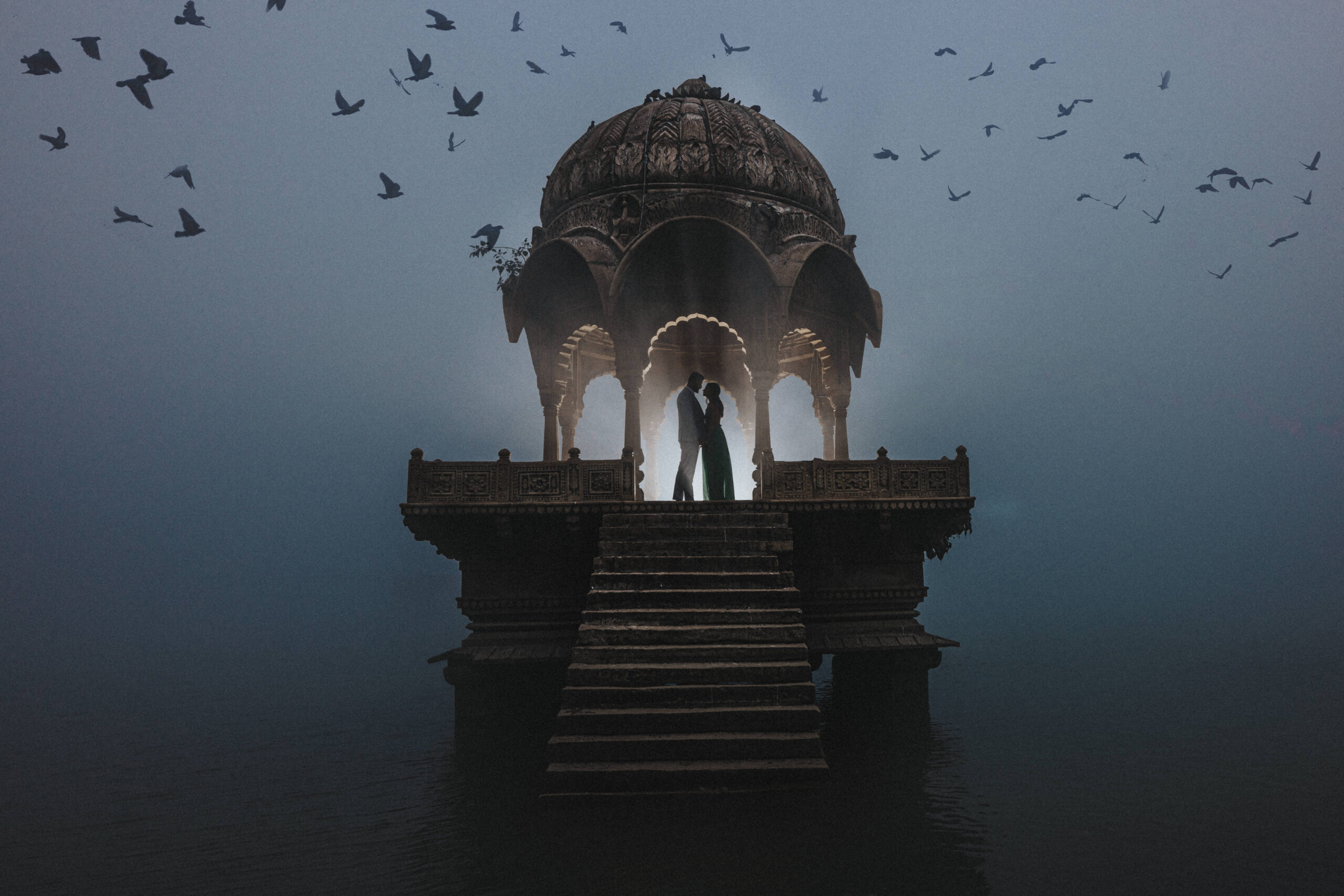
By P.Taufiq Photography
Timeline of the Indian Wedding
5:00 AM – Bridal Party Makeup & Hair Starts (1-4 Hours)
This is where your Indian wedding photography starts.
Surprisingly, in our experience, makeup, and hair is usually the most underestimated aspect of the wedding day as far as carving out the dedicated time is concerned.
The process takes from around 1.5 to 4 hours on the basis of the bride’s style. Therefore, you should make sure that you are allowing enough time. Photographers and videographers at this point usually document images of details in the room. Hence, you should be scheduled to arrive when the hair and makeup are quite close to completion.
7:00 AM – Professional Photographers Arrive (∼45 minutes)
While the hair and makeup continue, your team should arrive and start taking photos to capture the “prep”. This includes candid shots of the bride and groom getting ready, detailed shots of the wedding attire, and the hustle and bustle of the preparations. This sets the stage for the day’s story, highlighting the anticipation and excitement.
7:45 AM – Preparation Portraits (∼30 minutes)
Usually, this is the time when the photographer will capture images of the finishing touches given to your hair and makeup, groomsmen and relatives, and candids of bridesmaids. Moreover, it is also when the bride and groom finalize their preparation for the Indian wedding. Many families also opt for exchanging gifts around time.
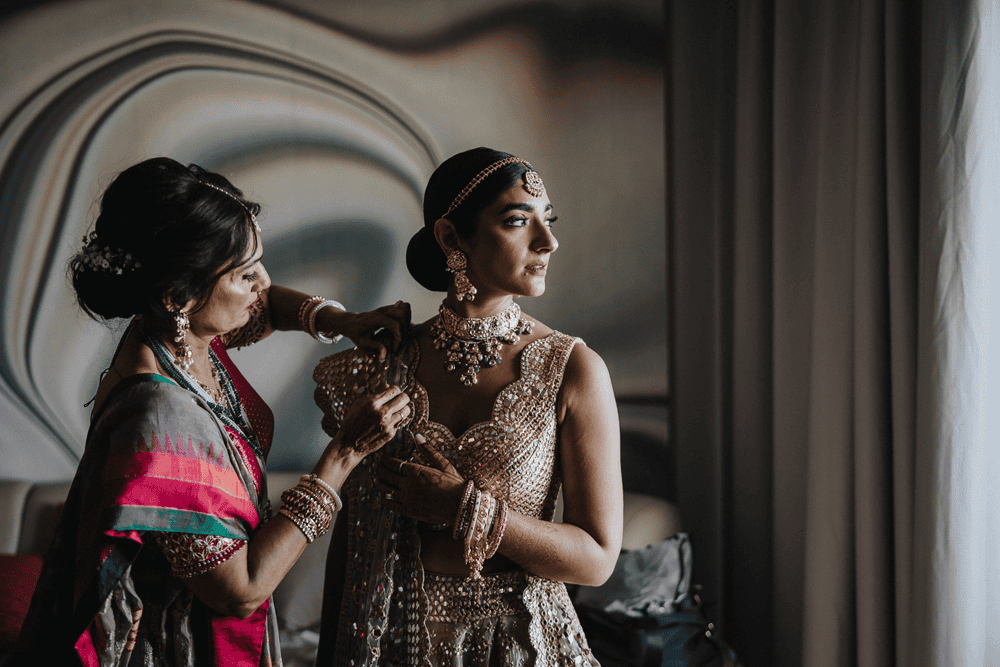
By P. Taufiq Photography
8:15 AM – Individual Portraits & First Look (∼45 minutes)
Once the couple is ready, the real work begins. Before heading out to the first location, you should utilize this time to capture individual portraits of the couple. Moreover, it is the perfect opportunity to shoot and film the moments leading up to the couple’s first look, preserving those precious moments.
9:00 AM – Wedding Portraits (Min. 1 Hour)
After shooting the first look photography and videography, you can go to the daytime Indian wedding photography session wherein the photographer will take the wedding portraits. It is crucial to allow abundant time for the session. This is where a large number of the portraits will be shot. Additionally, a videographer will also be present from start to finish.
These Indian wedding portraits include a number of groups to be covered:
9:20 AM – Epic Bridal Party Images
This time serves to be useful for the bridesmaids and the groomsmen. For bridal parties, ample time should be given for the given photo session. This is because rounding up people would take more time. For more details on how to plan out these portraits, check out our guide Wedding Photography Timeline.
Furthermore, the photographer would take images of the couple along with the bridesmaids, and groomsmen, images of just your bridesmaids, group photographs of the entire party, etc.
9:40 AM – Ceremony Detail Photography
When the bridal party images are being shot, another photographer from your team will capture images of the location of the ceremony along with its details.
10:00 AM – The procession of the Baraat (~45 Mins)
Upon the arrival of the Baraat, the bride goes back into her bridal suite. The procession begins when the groom rides on the horse. The groom’s side of the family and his guests dance and make their way to the main site of the ceremony. Typically it takes around 45 minutes. Take a look and enjoy a few of our favorite grand processions of the Baraat.
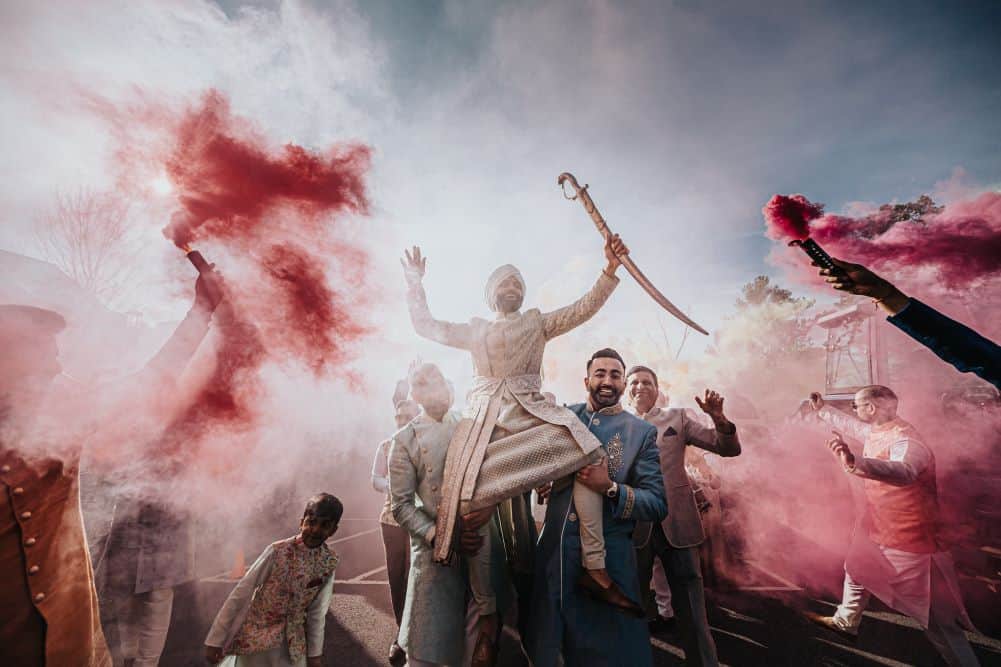
By P.Taufiq Photography
10:45 AM – Milni Ceremony (~30 Minutes)
Once the Baraat arrives at the site of the wedding, the groom greets the family of the bride for the Milni ceremony. Before the groom arrives at the main Mandap, he is supposed to remove his shoes. The unique Joota Chupai Ceremony starts and the family of the bride steals and hides the shoes of the groom which he has to “buy” back from them.
11:15 AM – The Couple Enters The Mandap (~15 Minutes)
Once all the chaos from Baraat and Milni ceremony has settled, the main event of the Indian wedding begins.
The priest starts by offering prayers to Lord Ganesha to bless the auspicious occasion. To know more about the Ganesha Puja tradition, you can read up here.
Finally, the bride arrives for the wedding ceremony. She is escorted to the Mandap by bridesmaids or the maternal uncle. This is traditionally known as Kanya Aagaman translating to “the bride’s arrival.”
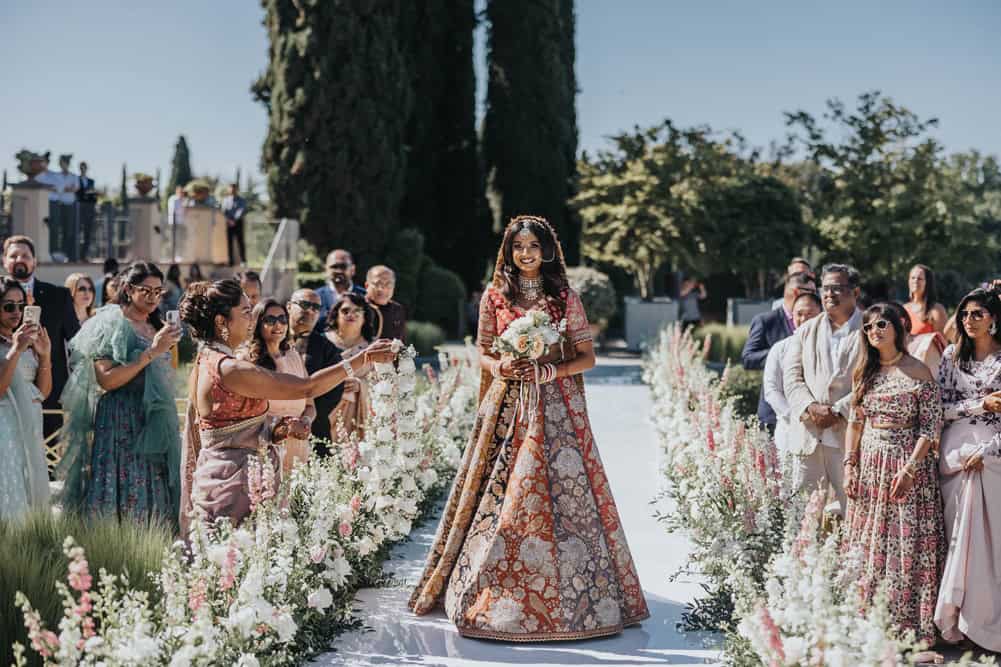
By P. Taufiq Photography
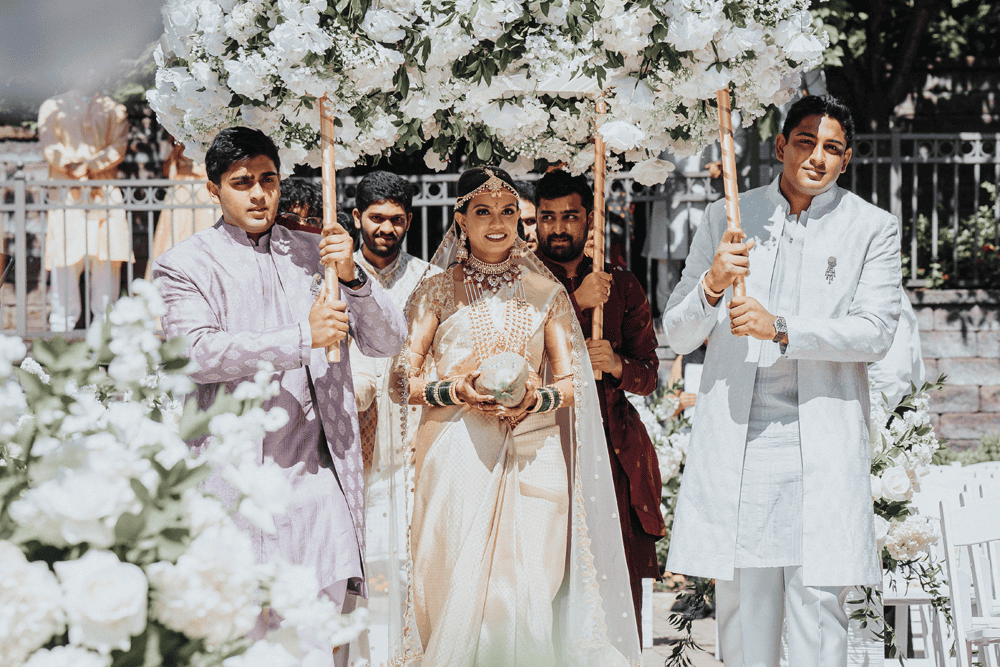
By P.Taufiq Photography
11:30 AM – The Indian Wedding Ceremony Commences (~1 Hour)
When the wedding ceremony begins, your Indian wedding photography should be at its peak performance. There are several key moments to capture that you can’t miss, with the videographer filming every detail.
The wedding ceremony as per the Indian traditions consists of different traditions and rituals:
- Varmala
- Kanyadaan
- Vivaah Homa
- Hastmelap
- Mangalsutra
- Granthi Bandhanam
- Saptapadi or Mangal Fera
- Kalasha
- Laaja Homam
- Kansar Bhakshan
- Ashirwad
We recommend understanding all of these rituals before the big day as it helps you understand the flow of the event better.
12:45 PM – Ceremony Ends & Vidaai (~15 Minutes)
The Indian wedding ceremony comes to an end. The Vidaai (around 5-10 Minutes) soon follows. It is the moment when the family of the bride bids her farewell and she leaves with the groom. To learn more about the significance of the Vidaai in Indian Wedding, click here.
1:00 PM – Wedding Lunch & Family Portraits (~1 Hour)
This is when the wedding guests begin to eat lunch. It is the optimal time to take formal family photographs with the immediate and extended family. We highly recommend you assign a family member with the list of various family groups and individual pictures. Moreover, we highly recommend putting elders, grandparents, and people who need assistance on top of the list.
2:00 PM – Photography Session of the Couple (~1 Hour, 30 Minutes)
Soon after the family portraits, this time interval serves to be another great opportunity for the photographer to capture some more pictures as a wedding couple.
3:30 PM – Makeup Touch-Up For The Reception (~45 Minutes)
Your team can take this opportunity to capture beautiful reception prep pictures and candid guest images. This time is perfect for snapping final touches, ensuring everyone looks their best, and documenting the excitement and joy of guests as they prepare to celebrate the evening’s festivities.
4:15 PM – Wedding Family Portraits (~45 Minutes)
The given event serves to be another opportunity for getting images with the family members in the respective formal wear for the grand reception. Hence, it is crucial to give ample time for all the images you wish to have.
5:00 PM – Cocktail & Guest Detailing Photographs (~30 Minutes)
During this time at an Indian wedding, you can capture the ambiance of the cocktail hour, including the beautifully arranged drinks and appetizers.
Additionally, you can also focus on taking detailed shots of guests mingling and enjoying the festivities. This is a great opportunity to get some candid and posed photos of friends and family.
Couple Session Photography
While the cocktail hour continues, we try getting some exclusive sunset or nighttime shots. These are our signature look at P.Taufiq Photography. Make sure that you allow ample time.
We encourage getting photos of only the bride and the groom in the wedding reception hall before the arrival of the guests. Moreover, we aim at getting epic shots after which you are able to attend the cocktail hour.
Reception Details Photography
As the reception begins, it’s the perfect moment to photograph and film the stunning details of the venue. You can focus on the beautifully arranged decorations, table settings, etc. This ensures that every detail is preserved, making for wonderful memories of the special day.
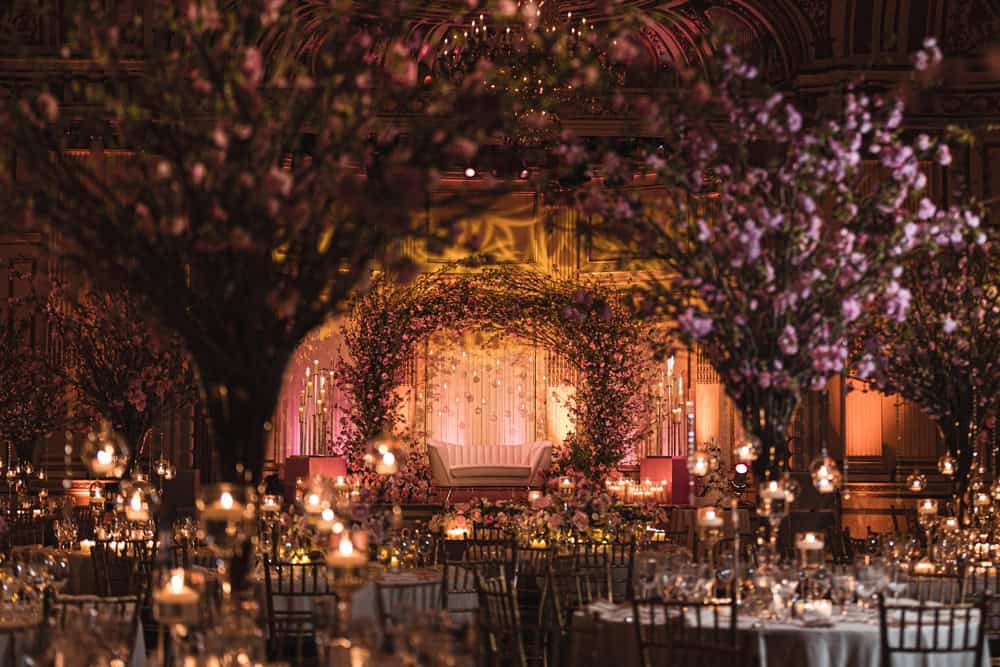
By P.Taufiq Photography
5:30 PM – Wedding Cocktail Hour (~1 Hour)
Then, the guests arrive at the venue for the Indian wedding reception and start interacting with each other. Usually, the bride and the groom might not attend the given cocktail hour as they are away capturing more photographs in the respective reception attire.
6:30 PM – Reception Grand Entrance (~30 Minutes)
Get ready for the couple’s grand entrance! This is the moment when the couple makes their big arrival. You need to capture the excitement of the couple, along with the guests’ reactions. It’s a highlight of the evening, so you’ll definitely want to make sure it’s well-documented.
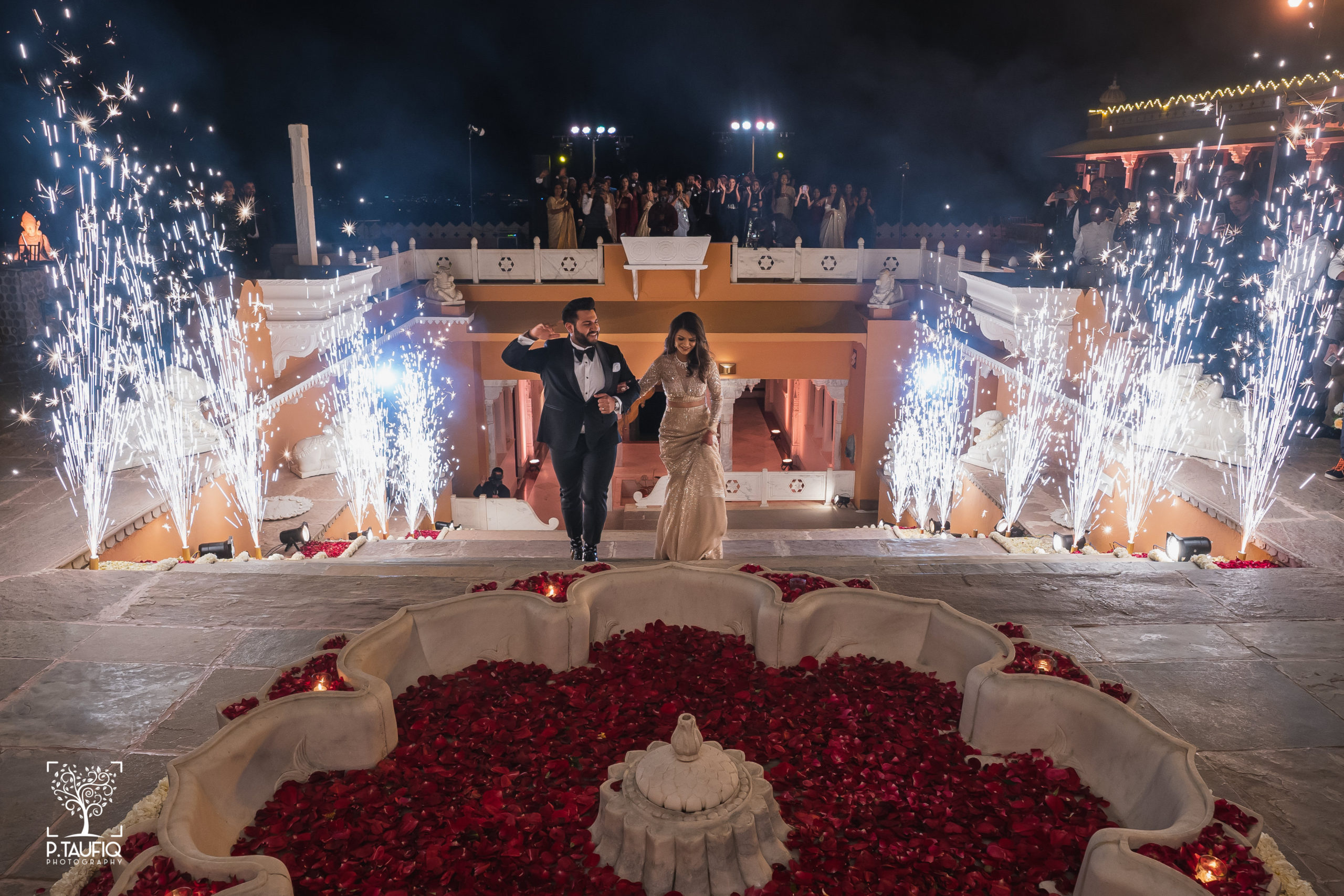
By P.Taufiq Photography
7:00 PM – The Reception Continues (3 Hours)
Now, the reception is allotted for all sorts of events the couple must have planned. Most of the time, in a typical Indian Wedding, there are several dancing performances by family members, performers, and professionals. This is a great time for family speeches and events like the Maid of Honor and the Best Man. It is also when we capture another big moment of the night…the first dance.
The main reception event ends with the DJ firing up the music list and the guests joining the couple on the dance floor. The rest of the night is full of music, party and candid Indian wedding photography.
10:00 PM – The Final Photography Session (~30 Minutes)
This serves to be the last session for the couple’s photography. You will set up the shot and sneak the couple away for a quick final photoshoot. As it is completely dark by now, the aim is to capture the closing moments of the Indian wedding day. It is great to come across locations that have interesting lighting and landscapes. Moreover, venue elements like mirrored rooms, bodies of water, and fountains reflect light excellently.
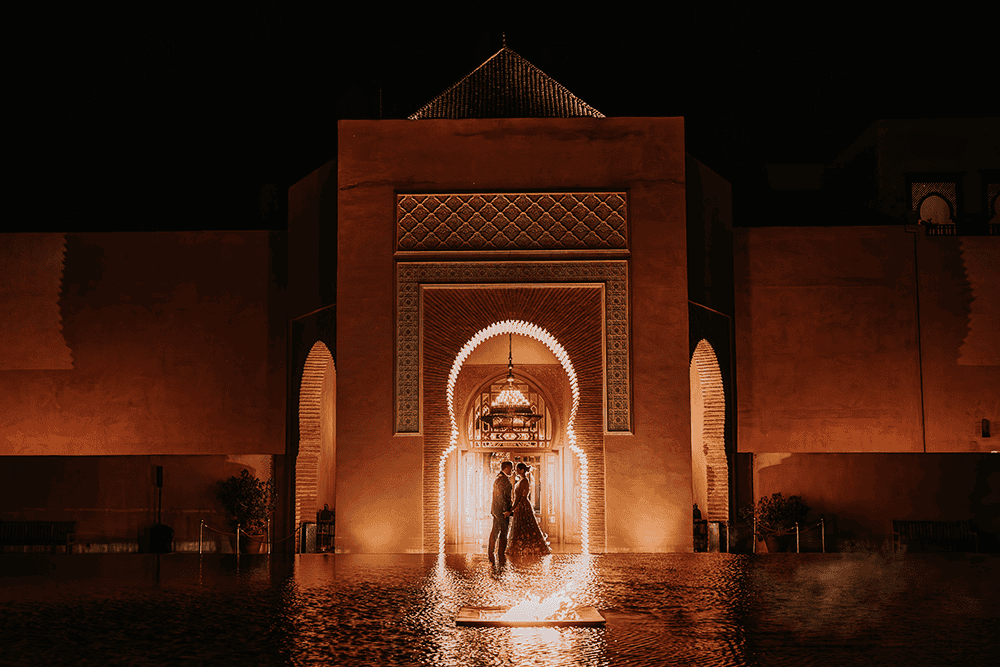
By P.Taufiq Photography
10:30 PM – Cake Cutting Ceremony & Rest of the Event
Finally, it’s time for the cake-cutting ceremony and the rest of the event. Your goal here is to capture the couple’s special moment with their wedding cake and the exciting moment they cut it. You should also continue to document the festivities as the night progresses, ensuring every memorable moment of the celebration is beautifully preserved.
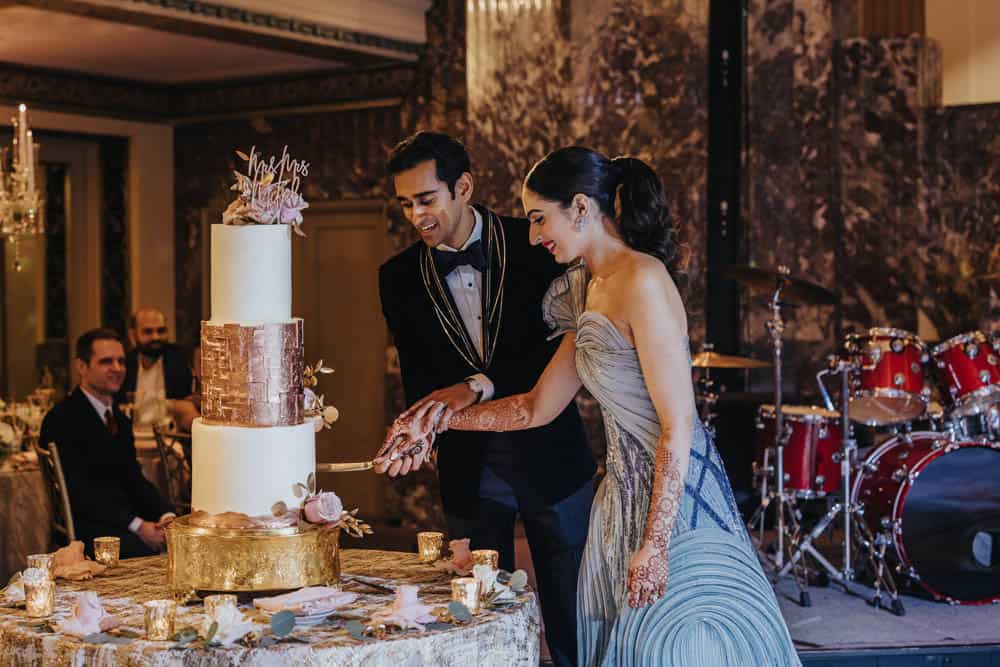
By P.Taufiq Photography
Conclusion of the Wedding Reception
As the final events of the Indian wedding reception wrap up, capture the conclusion of the evening. Guests will have the chance to wish and greet the couple one last time before heading home. Families will also start to wrap up their evening. Make sure to document these farewell moments and the end of the celebration as everyone heads home, marking the end of a memorable day.
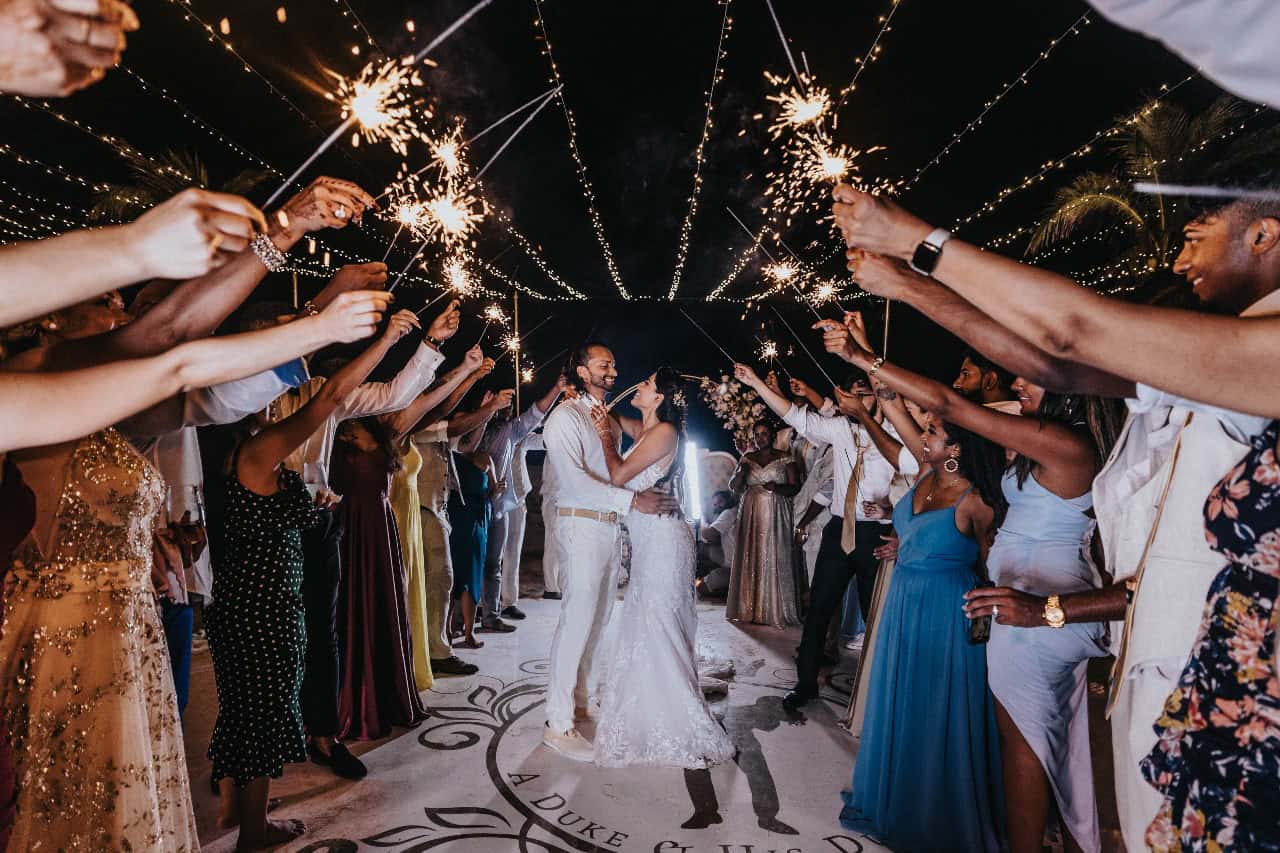
By P.Taufiq Photography
